INNOVATIVE CITY FORUM 2021
2021.11.22(Mon) - 25(Thu)
Roppongi academyhills
Alternative Visions
- Contemplating a new future, now -
The past year and a half under the COVID-19 pandemic has totally changed what we take for granted. During the chaos, industries grew and new lifestyles emerged, while other businesses weakened and some cultural activities became less relevant. These rapid transformations are changing people’s values and reconstructing our society.
In these circumstances, it is important to identify what is universal and what will be discarded or become obsolete. Environmental issues and economic issues both imply the possibility of an insecure future for our Earth. These are times that require us to keep a firm eye on reality while applying creativity to debate the future, exploring new choices and new ways of living.
The starting point for discussion at this year’s Innovative City Forum is to envision what culture, society, and cities should be like after the pandemic.
INNOVATIVE CITY FORUM
Innovative City Forum (ICF) is an international conference that originally sprang from the desire to explore the future of cities and lifestyles through discussions based around a fundamental question: “What will our lives be like 20 years from now?”
ICF has had the honor of hosting many distinguished speakers from around the world, from researchers and businesspeople at the forefront of technological and urban development to designers, artists, and other creative leaders, who have fueled our discussions with their ideas and visions for the future and the possibilities it offers.
First held in 2013, the 10th anniversary of the opening of the Roppongi Hills development in Tokyo, ICF has since been held every autumn. The 2021 edition of ICF will be the 9th in the conference’s history.
Speaker
Keynote Speaker
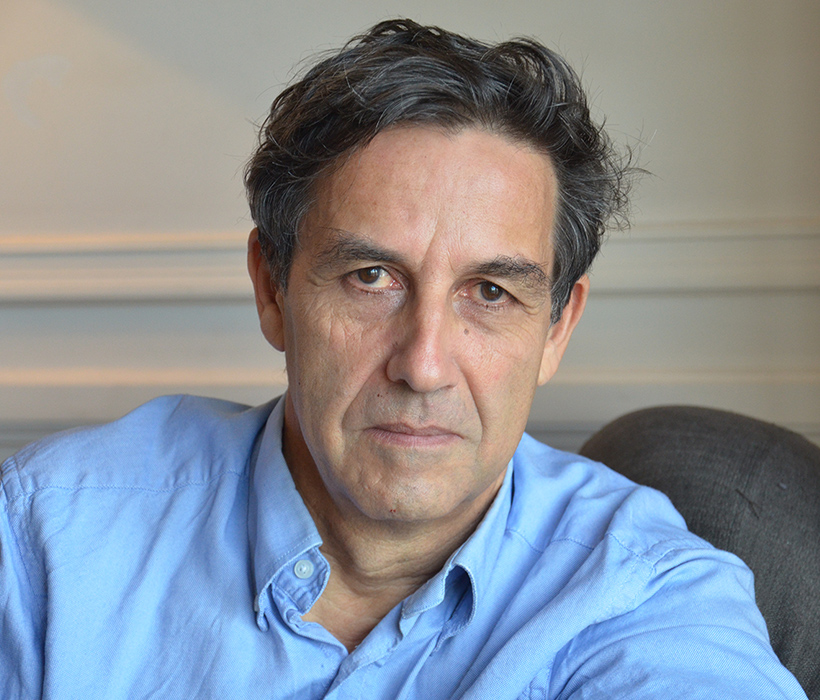
Emmanuel Todd
Born in 1951, Todd is a French historical demographer and family anthropologist. Using a methodology that focuses on variations in family systems and demographics by country and region, Todd has published works that predicted a number of pivotal events. These include the collapse of the Soviet Union in The Final Fall: An Essay on the Decomposition of the Soviet Sphere (first published in 1976), the financial crisis that originated in the US in After the Empire: The Breakdown of the American Order (2002), and the Arab Spring in A Convergence of Civilizations: The Transformation of Muslim Societies Around the World (2007), as well as Trump’s victory and Brexit. Publications in Japanese include “Doitsu Teikoku” ga Sekai o Hametsusaseru [“The German Empire” will wreck the world], Who is Charlie?, Mondai wa Eikoku dewanai EU da [The problem is not Great Britain but the European Union], Rojinshihai-koku: Nihon no Kiki [Gerontocracy: Japan’s crisis] (all published by Bunshun Shinsho), and La carte intellectuelle d’Emmanuel Todd (published by Chikuma Shobo).
Director and Facilitator
Director
Facilitator
-
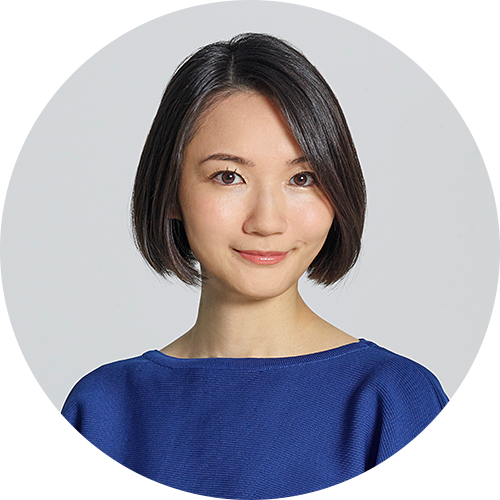
Ai Koike
General Partner, GO FUND, LLP / Assistant Professor, Kyoto University of the Arts
-
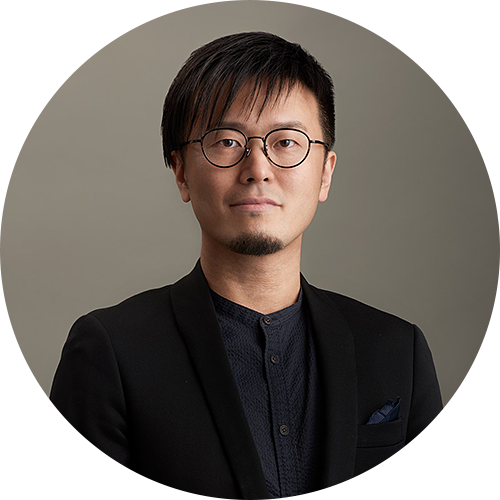
Eisuke Tachikawa
NOSIGNER Representative / JIDA President / Evolution Thinking Inventor / Design strategist / Keio University Graduate School SDM (Associate Professor) / The committee member to create a basic policy for the Japan pavilion at the 2025 World Expo in Osaka
-
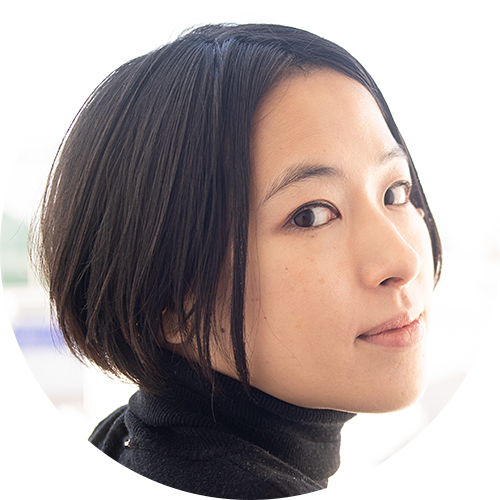
Arina Tsukada
Curator / Editor
-
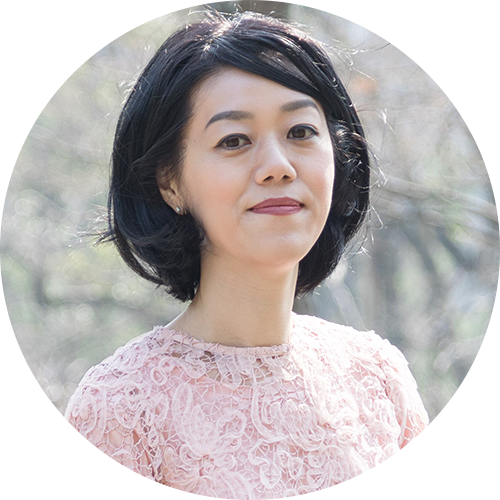
Makiko Nakamuro
Professor, Faculty of Policy Management, Keio University
-
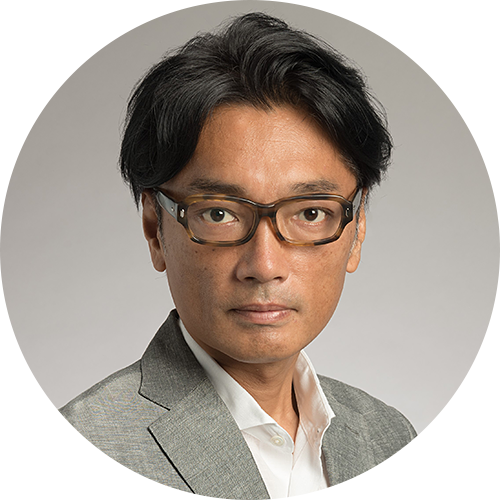
Masaki Hamura
Partner & Associate Director, Boston Consulting Group (BCG)
-
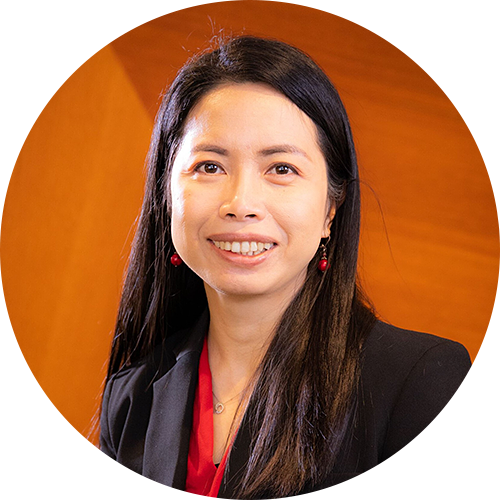
Lailani L. Alcantara
Dean, College of International Management, Ritsumeikan Asia Pacific University (APU)
-
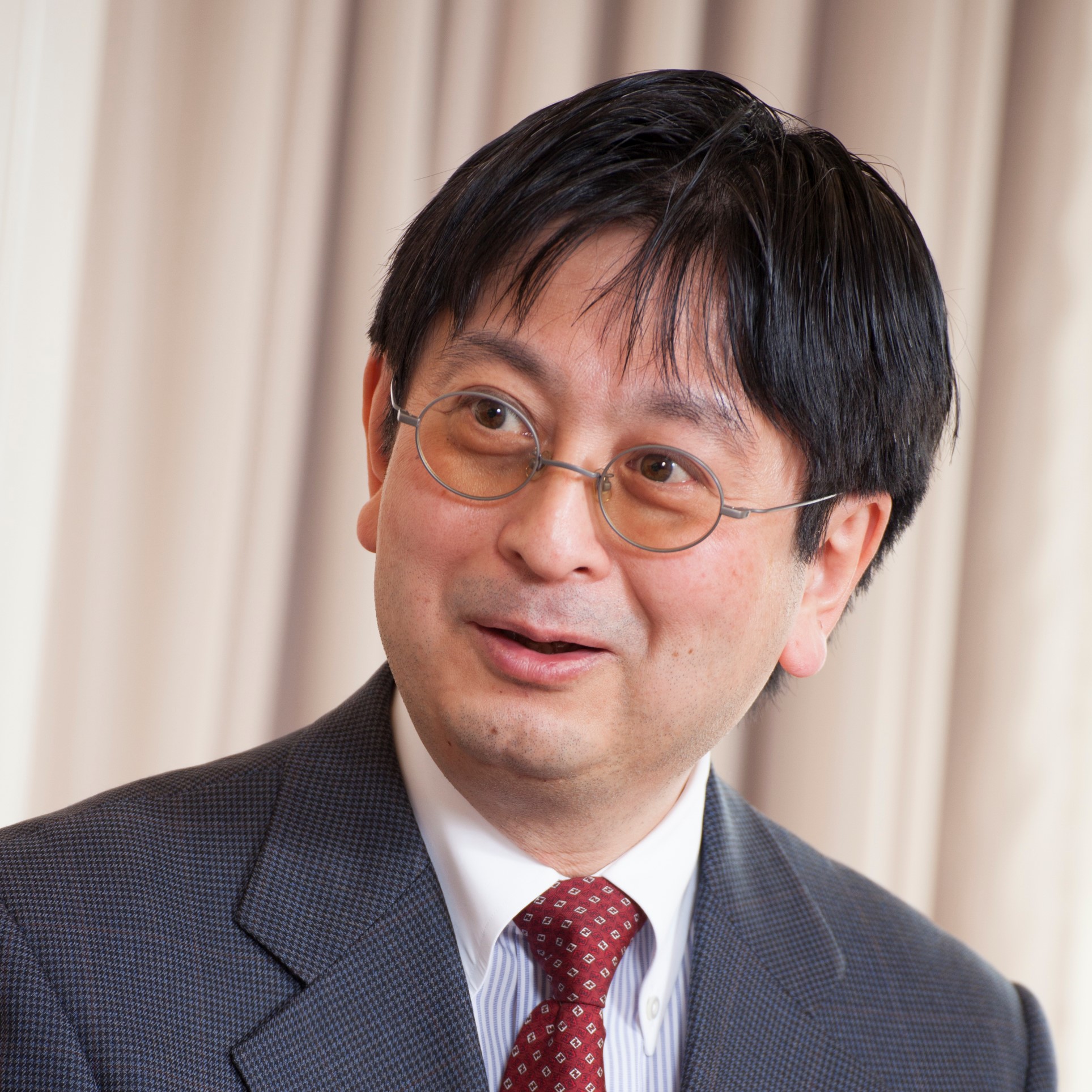
Jiro Kokuryo
Professor, Faculty of Policy Management, Keio University
-
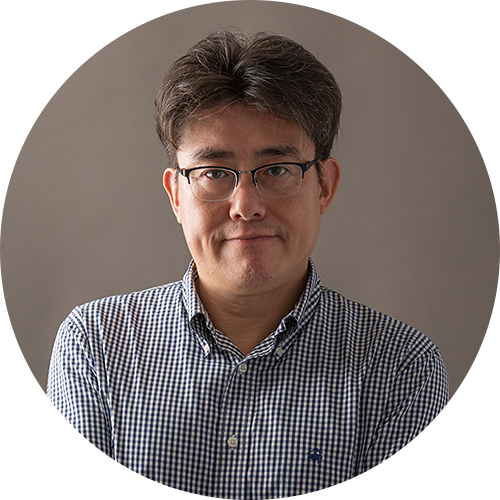
Daiji Kawaguchi
Professor, Graduate School of Public Policy and Graduate School of Economics, The University of Tokyo
Speaker
-
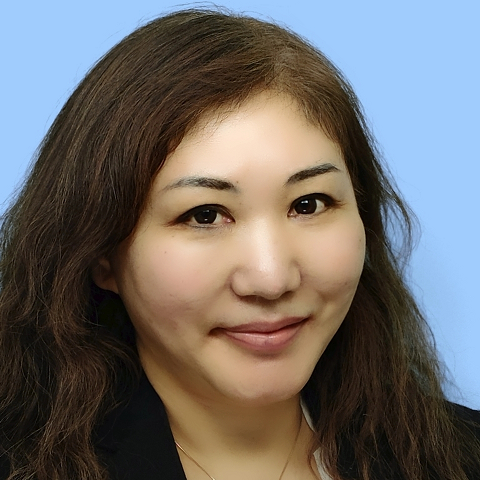
Akiko Asami
Chief Marketing Officer/Chief Product Officer, TIGER CORPORATION
-
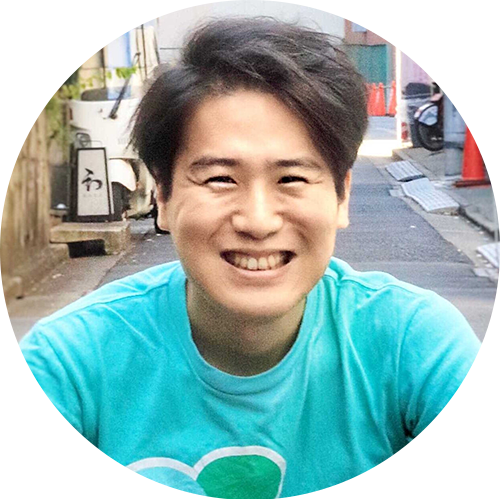
Toshiki Abe
CEO, Ridilover, Inc. / Representative Director, General Incorporated Association Ridilover
-
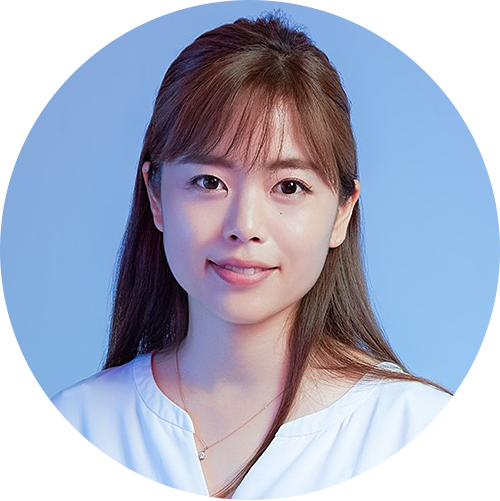
Anju Ishiyama
Social Activist
-
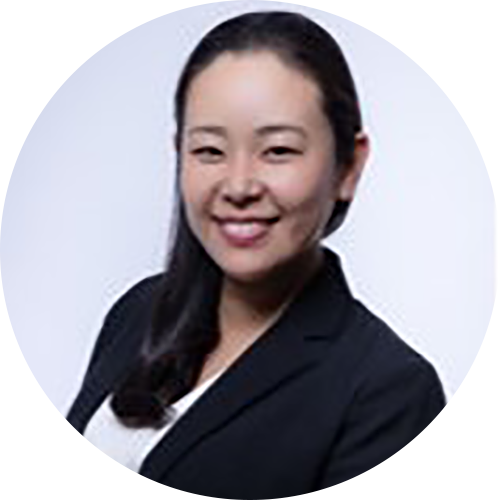
Miho Izumi
Chief Manager, Global Partners Consulting Group
-
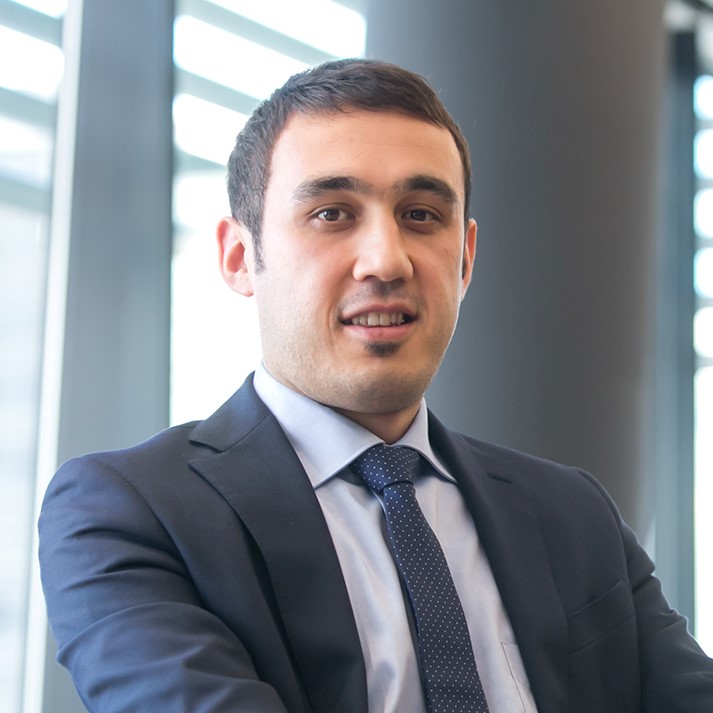
Shohruhbek Ibragimov
Yanmar Energy System Co., Ltd.
-
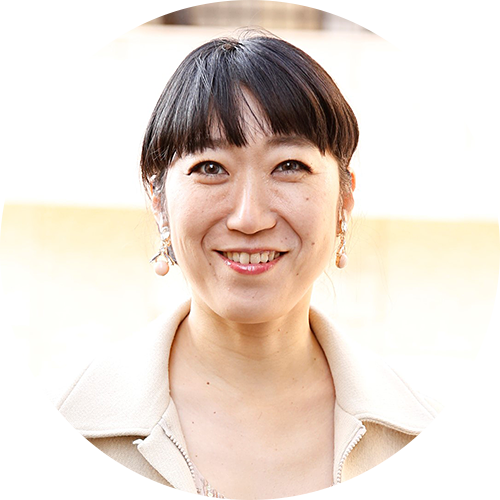
Ellie Omiya
Writer / Artist
-
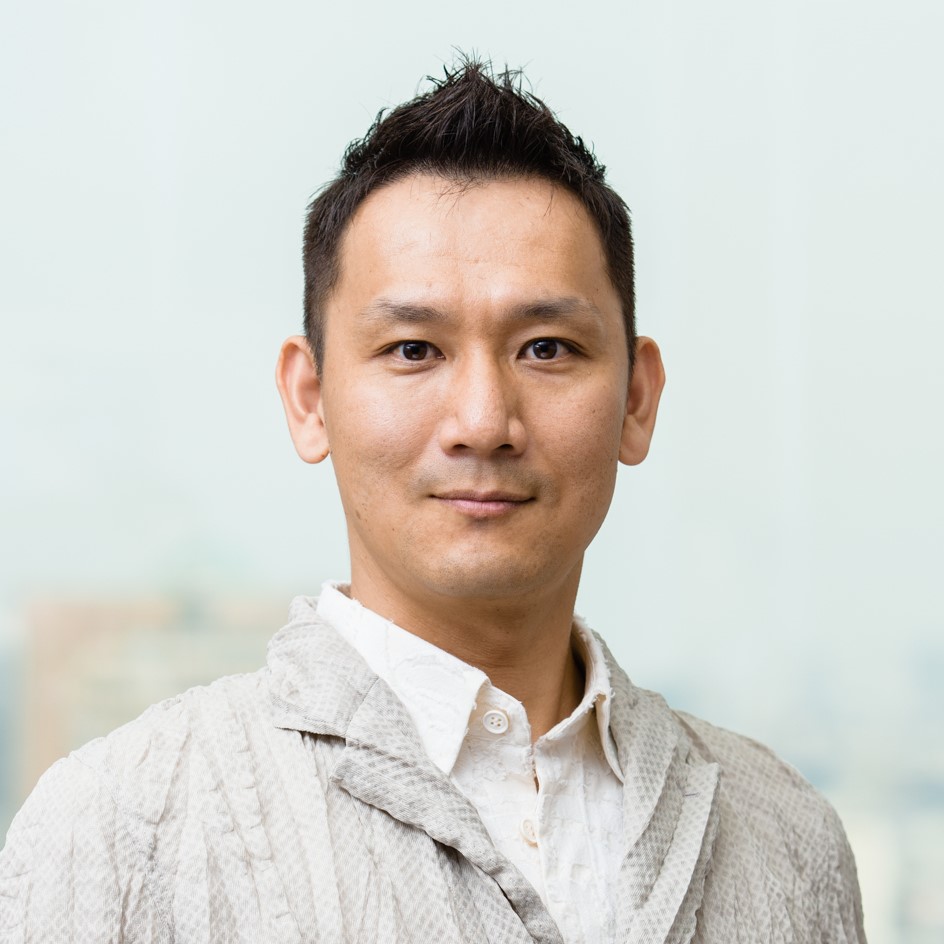
Takashi Kunitomo
CEO, ASOVISION Inc. / Visiting Professor, Ritsumeikan University
-
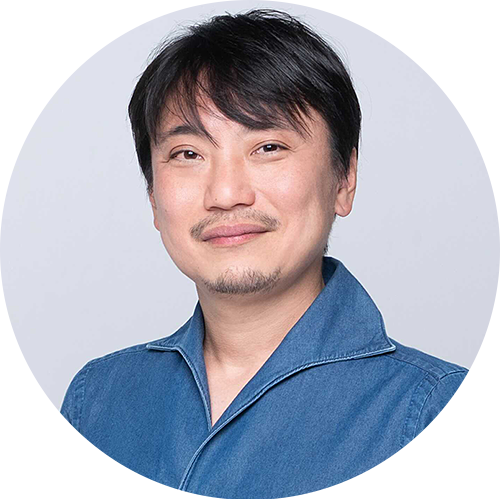
Hironao Kunimitsu
Founder, gumi / Founder & CEO, Thirdverse, Co., Ltd. / Founder & CEO, FiNANCiE / Managing Partner, gumi cryptos
-
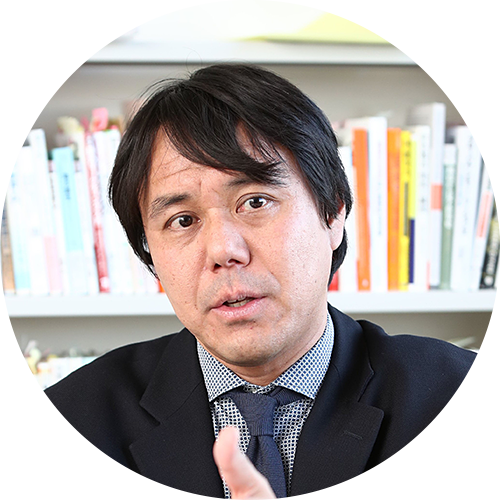
Takayuki Kubo
Professor, Associate Dean, College of Asia Pacific Studies, Ritsumeikan Asia Pacific University (APU)
-
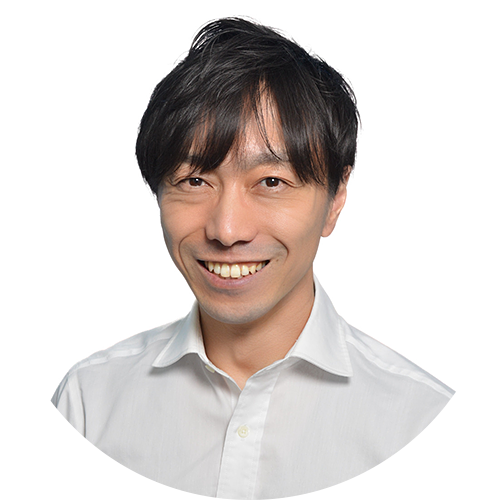
Toyotaka Sakai
Professor of Economics, Keio University / Co-Founding Director, Economics Design Inc.
-
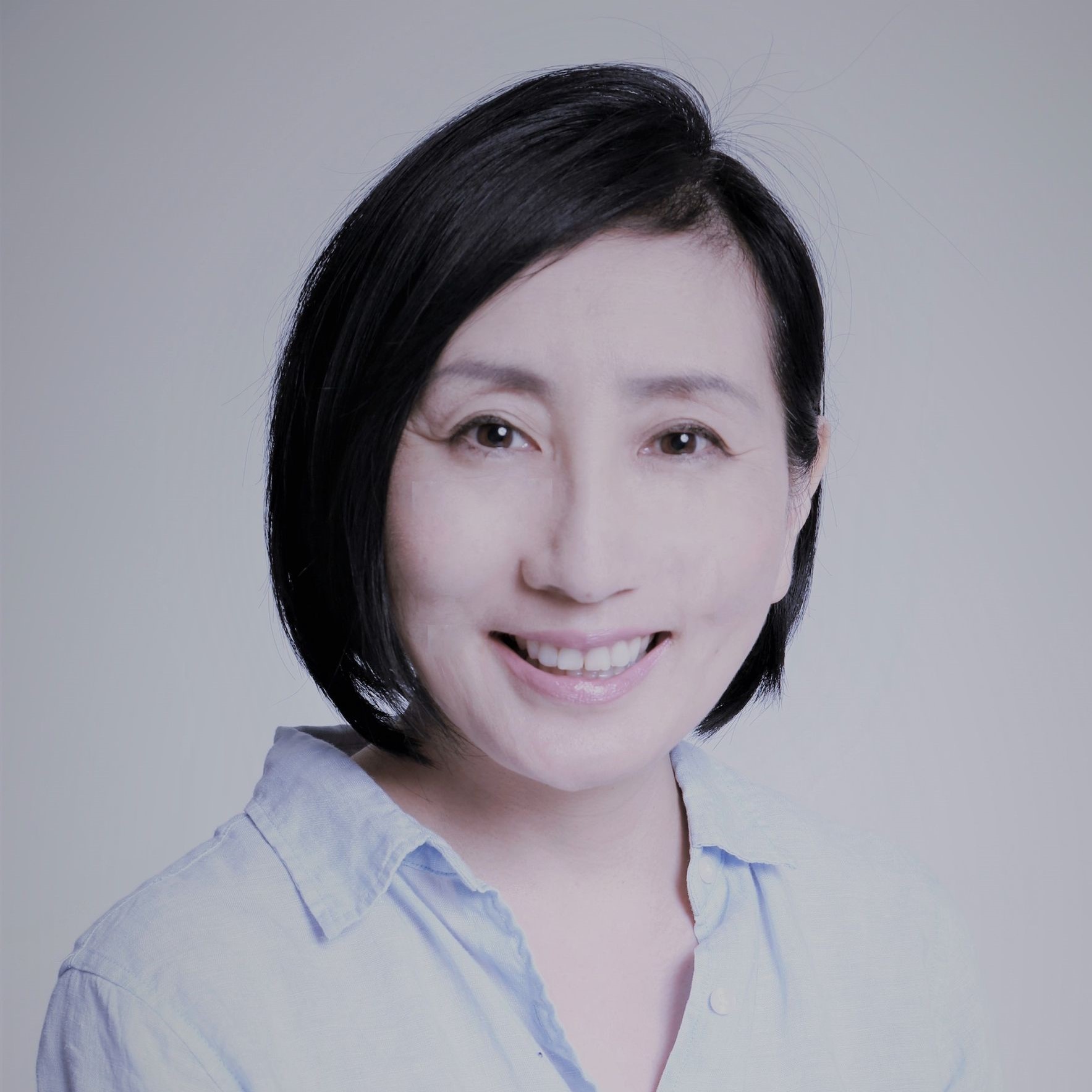
Miwa Seki
General Partner, MPower Partners Fund / Translator
-
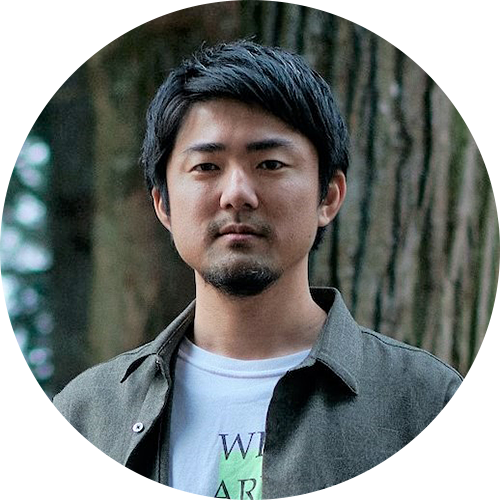
Gaku Tomikawa
Representative Director, Tomikawaya / Local Producer
-
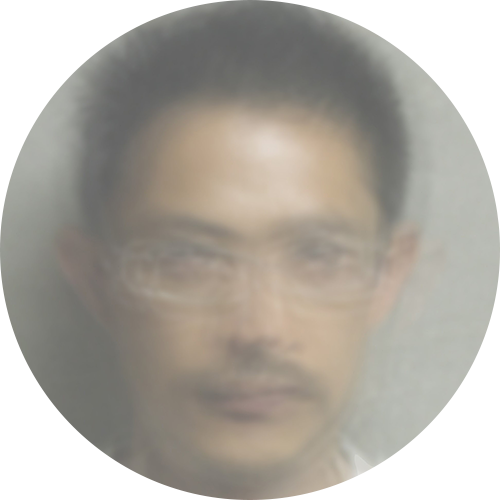
Keisuke Toyoda
Institute of Industrial Science, The University of Tokyo (Project Professor, Vice Chair of Center for Interspace) / noiz / gluon
-
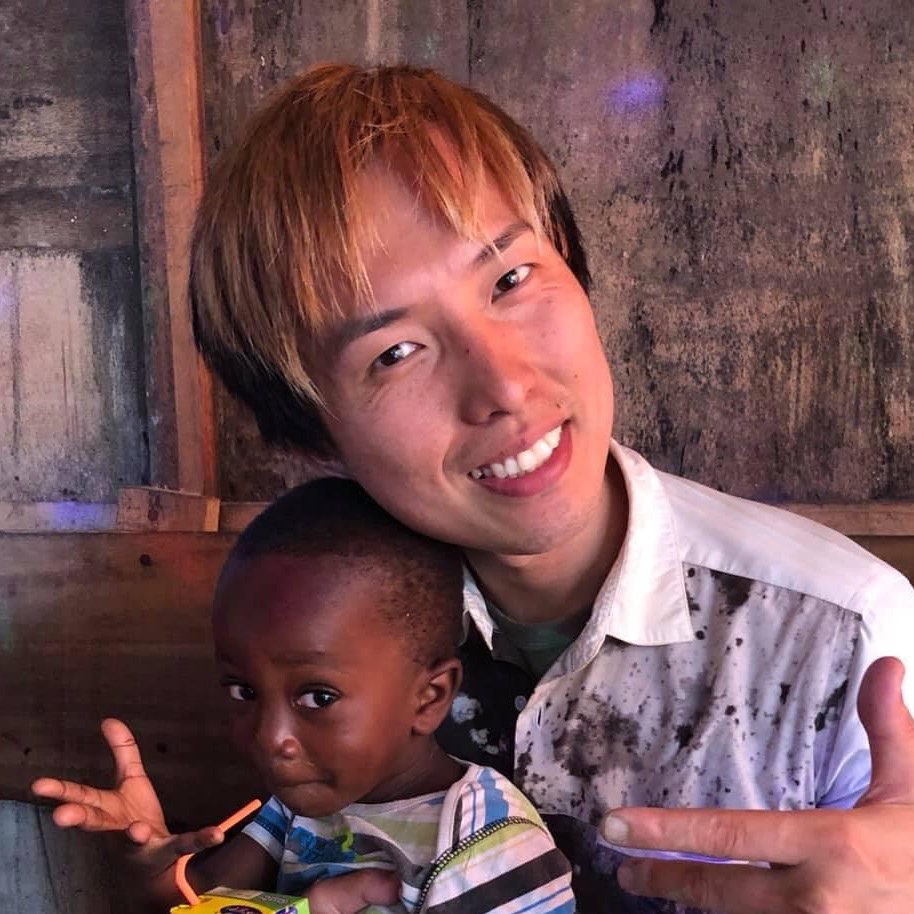
Mago Nagasaka
CEO Artist, MAGO CREATION Co., Ltd.
-
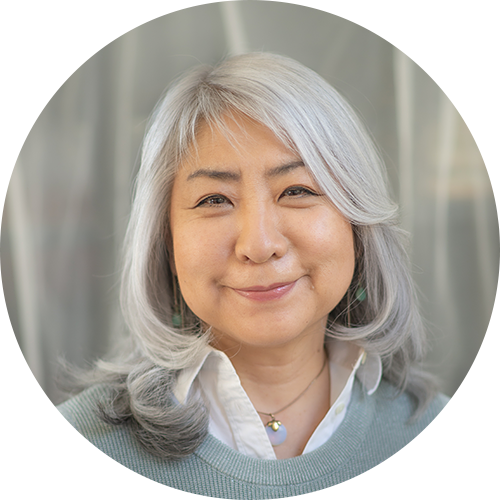
Tomoko Kitamura Nielsen
Cultural Translator
-
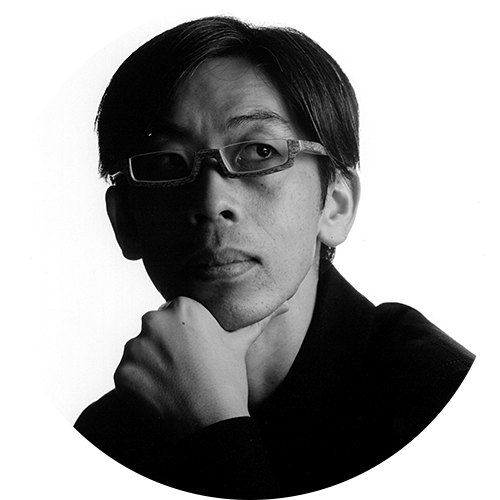
Naotaka Fujii
CEO, Hacosco Inc. / Distinguished Professor, Digital Hollywood Univ. Graduate School / Representative Director, XR Consortium / Representative Director, Braintech Consortium
-
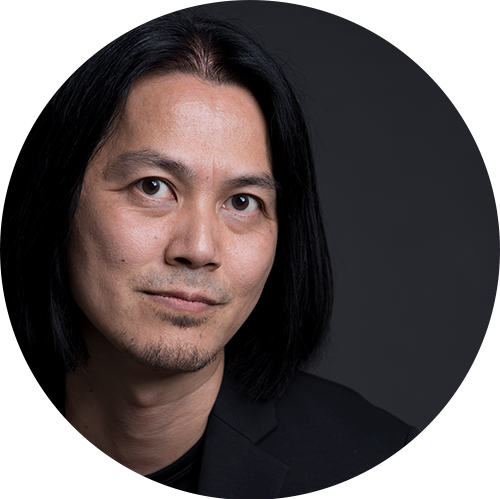
Hiroyuki Fushitani
President, Original Inc. / Time Out Tokyo Inc.
-
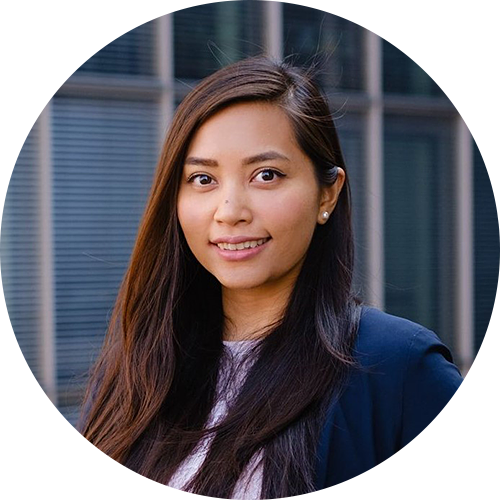
Shira Damia Putrinda
Programme Manager, enpact
-
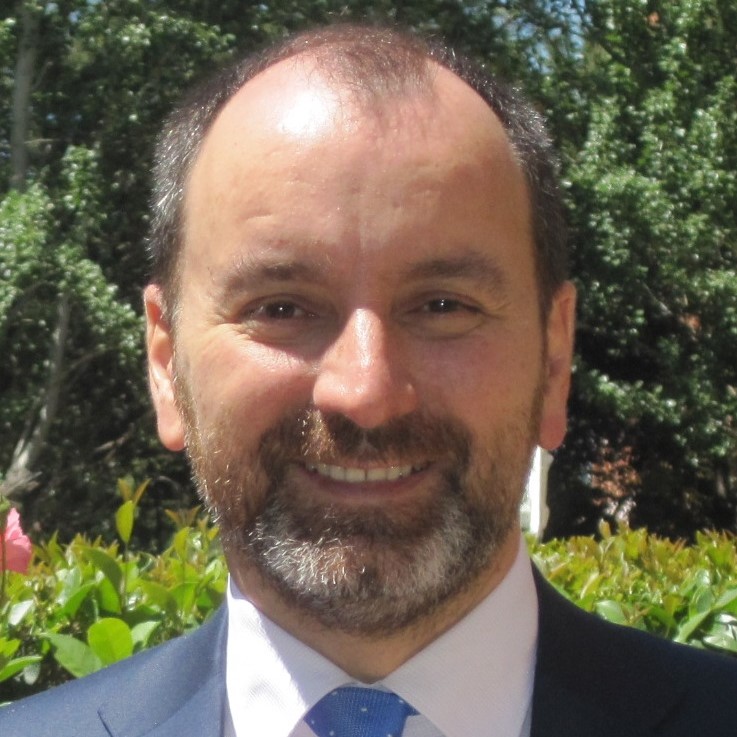
Andrés Rodríguez-Pose
Professor of Economic Geography, London School of Economics and Political Science
-
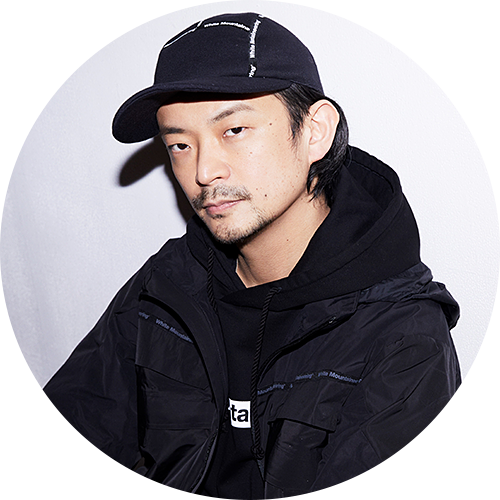
Daito Manabe
Artist / Programmer / DJ
-
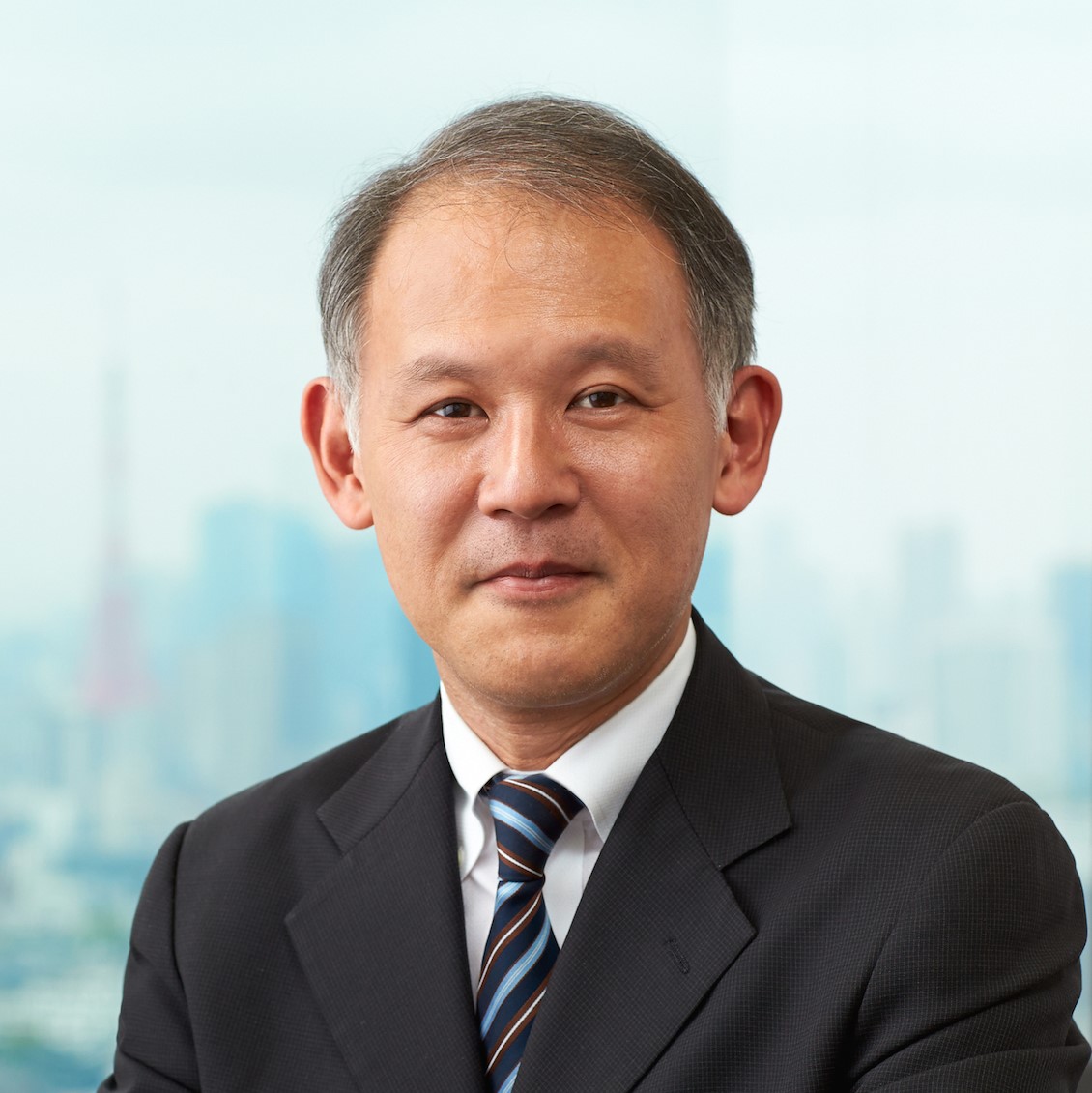
Shigeki Uno
Professor, Institute of Social Science, The University of Tokyo
-
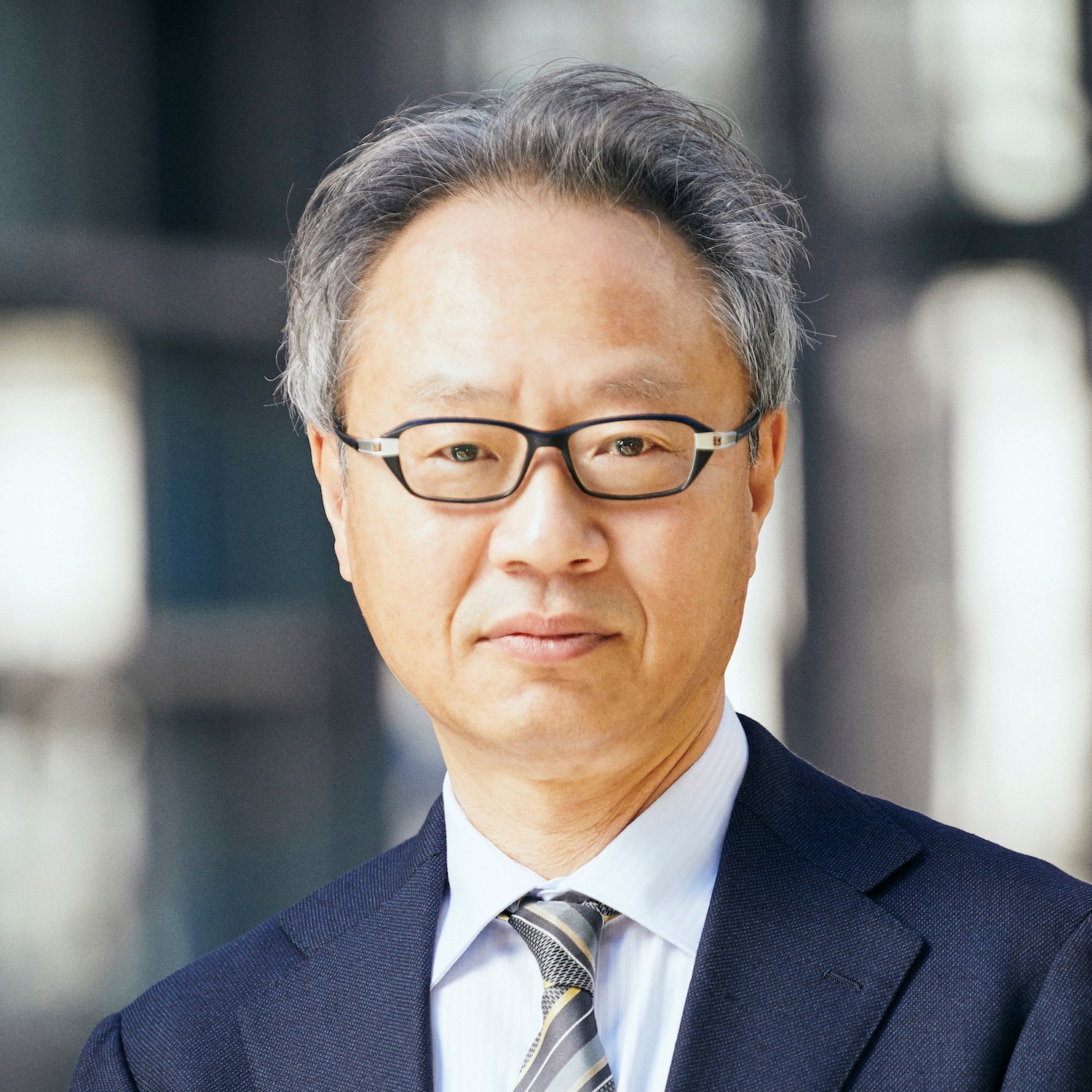
Tadashi Kobayashi
Professor Emeritus, Osaka University / Specially Appointed Professor, Center for the Study of Co* Design, Osaka University / Director-General, JST Research Institute of Science and Technology for Society / Member and President’s Advisor of Science Council Japan
-
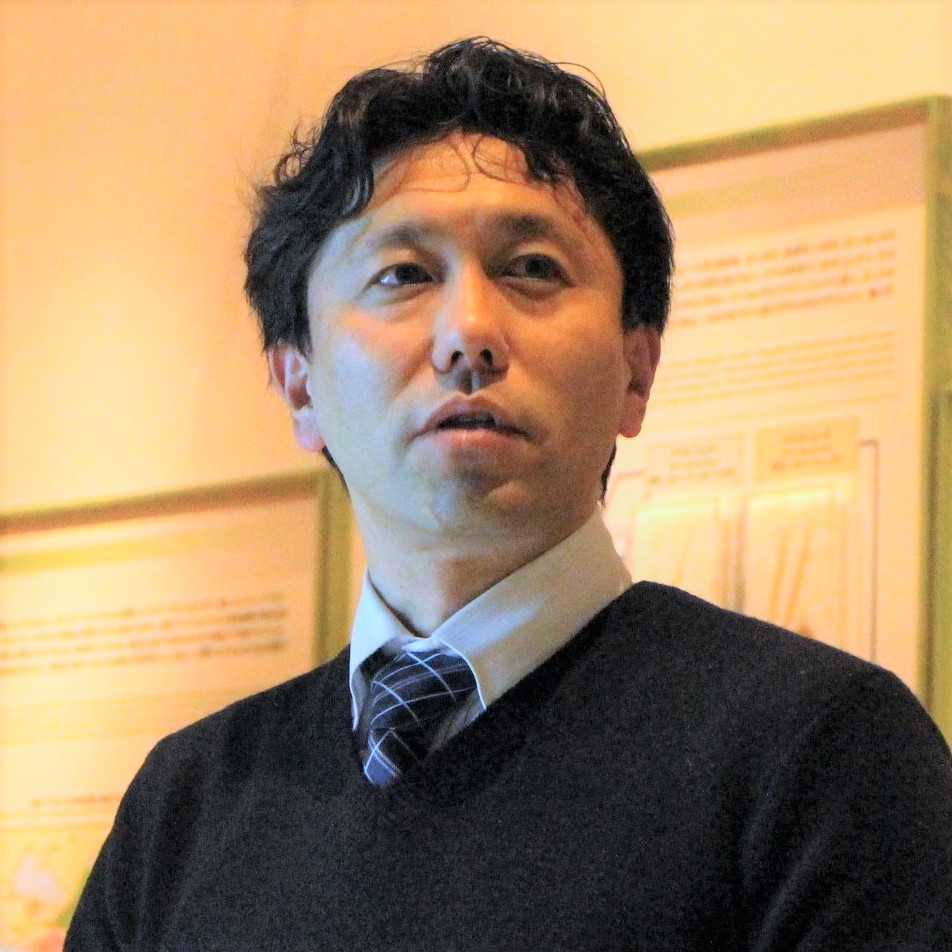
Takayuki Shiose
Associate Professor, The Kyoto University Museum
-
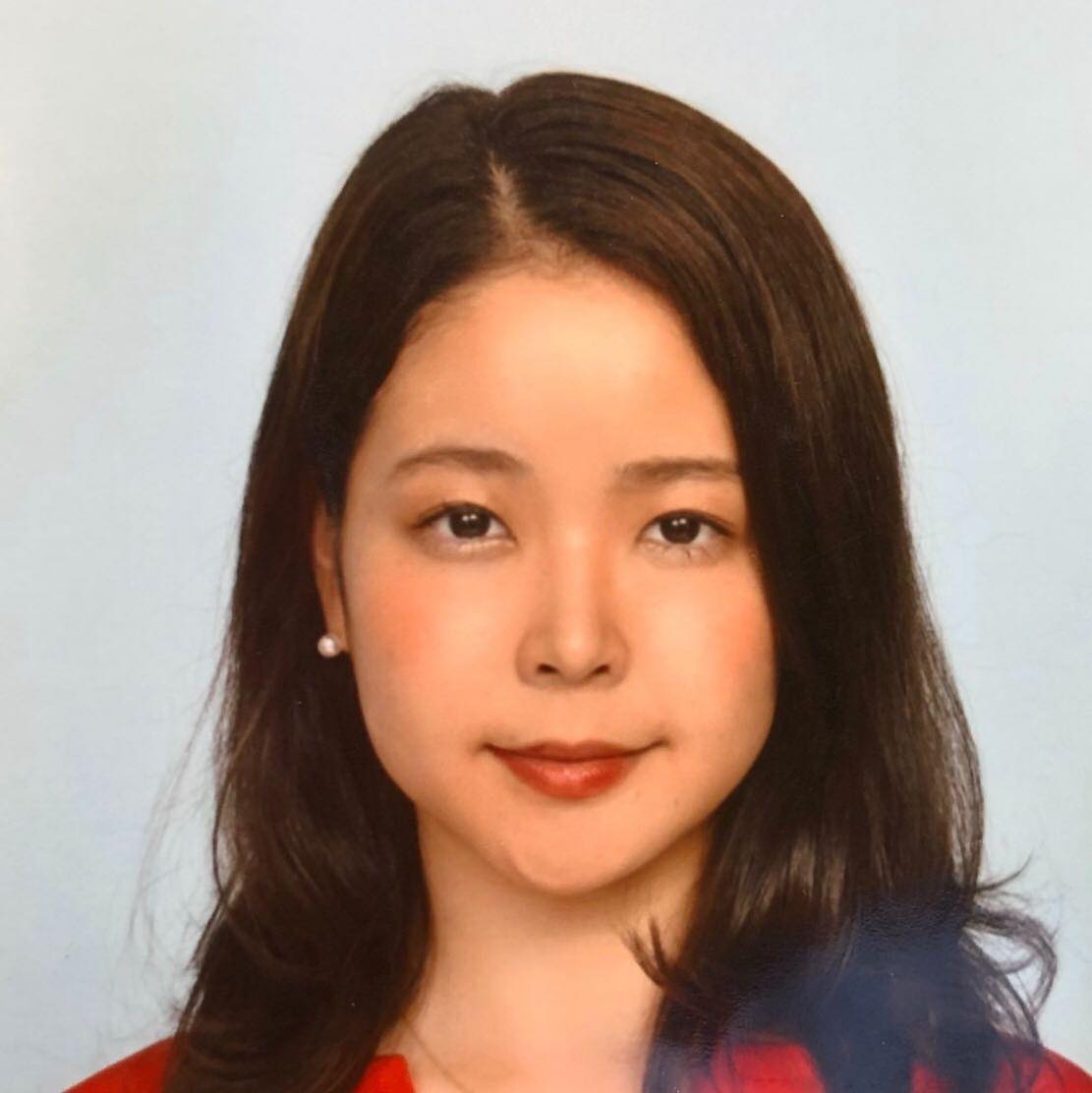
Yuko Inamasu
CEO, TOKI, Inc.
-

Kenjiro Higashi
Project Manager of Decidim, Code for Japan
-
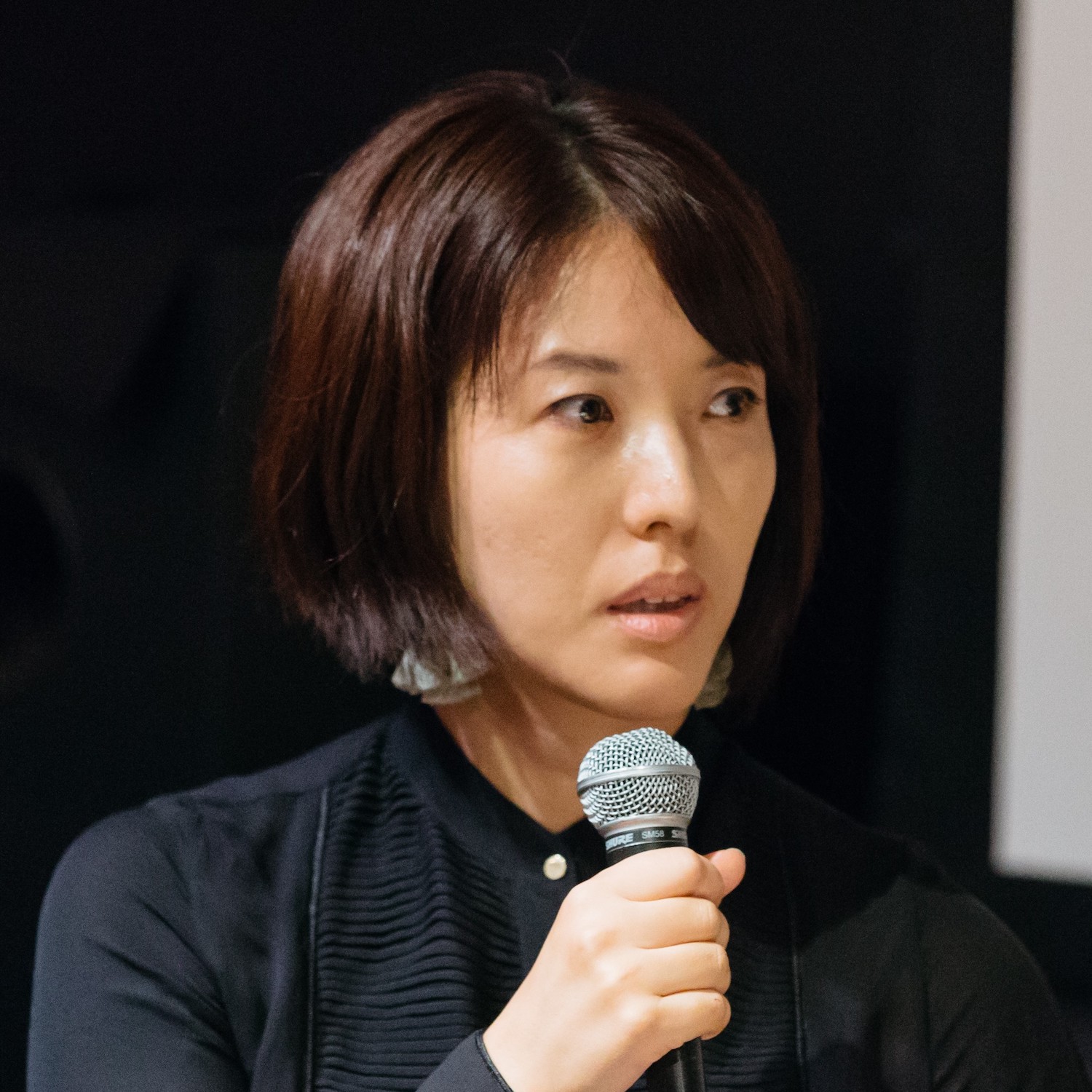
Miyuki Tanaka
Curator / Producer
-
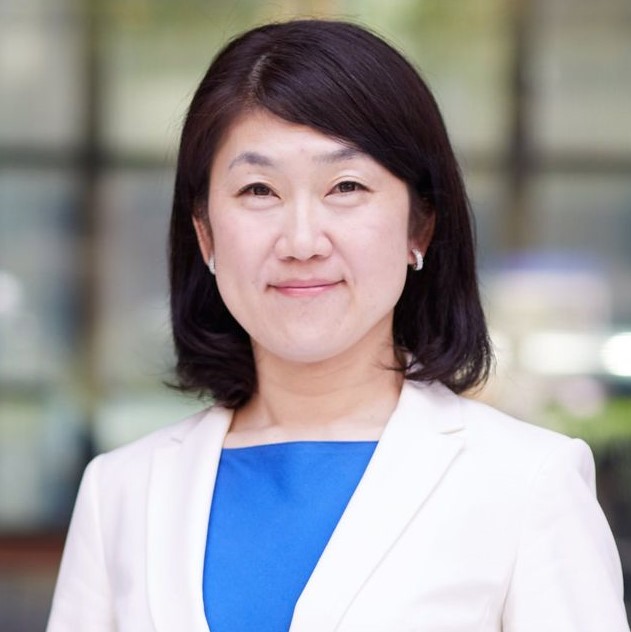
Akie Nakamura
Chief Researcher, JTUC Research Institute for Advancement of Living Standards
-
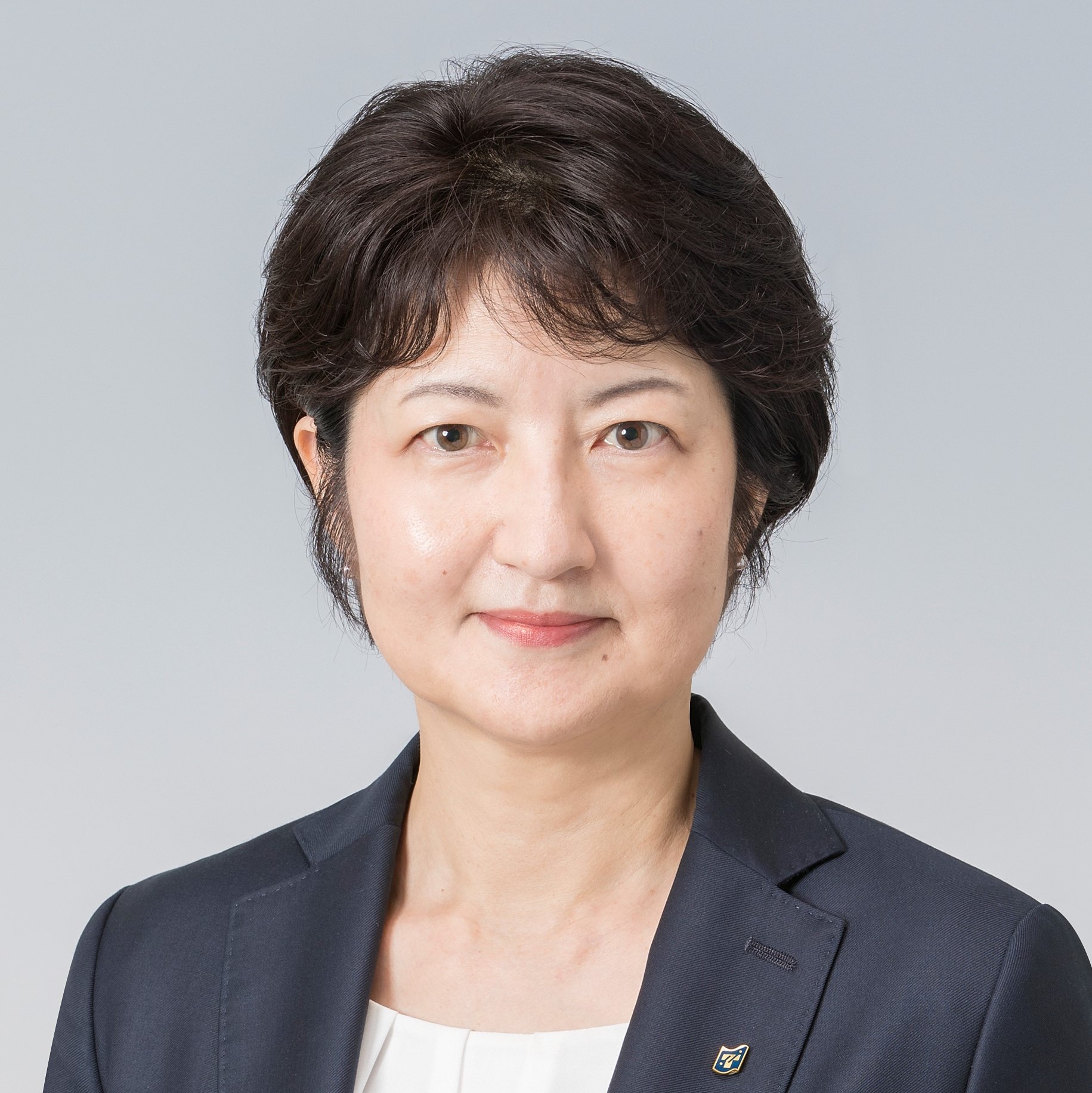
Makiko Hamase
Executive Officer, CHRO (Chief Human Resources Officer), Toyota Tsusho Corporation
-
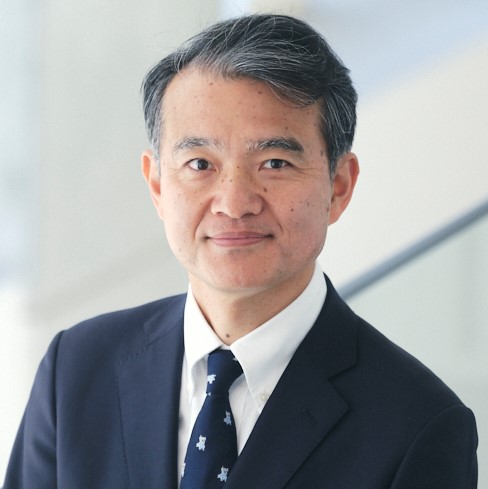
Ken Togo
Dean of the School of Liberal Arts and Sciences, Musashi University (scheduled to take office in April 2022)
All Speakers
Close
Program Committee
-
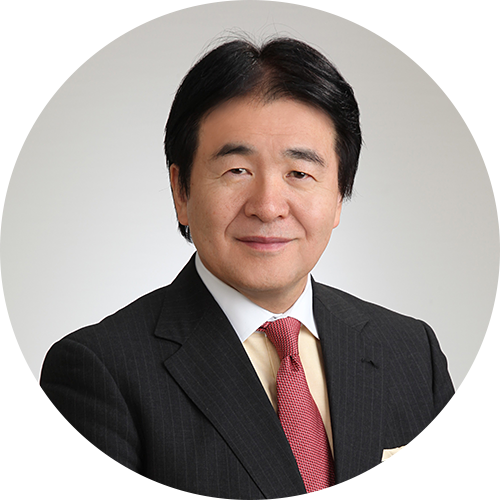
Heizo Takenaka
Professor Emeritus, Keio University / Chairman, Institute for Urban Strategies, The Mori Memorial Foundation / Director, Academyhills / Former Minister for Economic and Fiscal Policy / Board of Trustee, The World Economic Forum
-
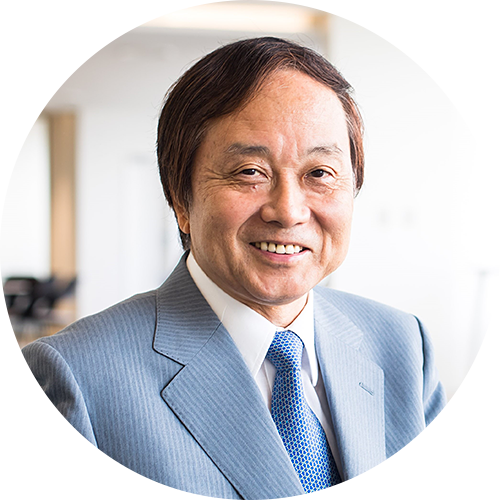
Hiroo Ichikawa
Professor Emeritus, Meiji University / Professor, Teikyo University / Executive Director, The Mori Memorial Foundation
-
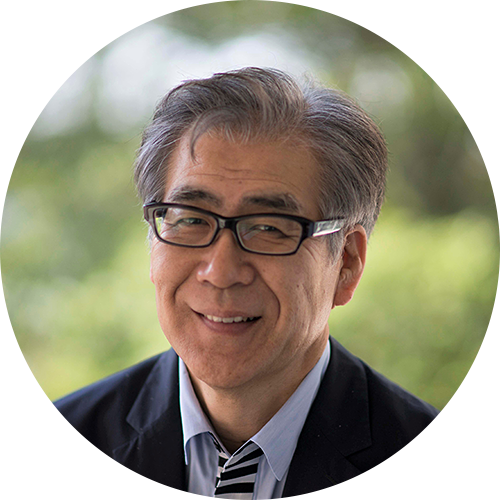
Fumio Nanjo
Senior Advisor, Mori Art Museum
Program
11/22(Mon)~11/24(Wed) / Online Session
-
11/22(Mon)19:00~21:00

Japan Science and Technology Agency (JST) Research Institute of Science and Technology for Society (RISTEX) x ICF2021 Special Session"The Future of Science-society Dialogue: Is consensus building possible in an era of emotion?"
-
-
Facilitator
 Jiro Kokuryo
Jiro Kokuryo
-
 Shigeki Uno
Shigeki Uno
-
 Tadashi Kobayashi
Tadashi Kobayashi
-
 Kenjiro Higashi
Kenjiro Higashi
-
 Miyuki Tanaka
Miyuki Tanaka
-
With societal uncertainty on the rise, the expansion of the domain of trans-science—the domain of questions that can be asked of science and yet cannot be answered by science—has been accompanied by a variety of participatory initiatives promoted as a way to connect science and society. Initiatives such as the Consensus Conference, World Wide Views, and Decidim—which was launched few years ago in Barcelona—are spreading throughout the world, and as a result many citizens are participating in science-society dialogue.
At the same time, we are under constant provocation. Visual-first social media channels such as TikTok, Instagram, and YouTube provide an expanding space for flame wars where instinctive reactions unbound by logic in turn elicit yet more reactions. In a society where media spaces dominated by emotion become the mainstream, will consensus building—where people listen closely to each other and share their opinions—continue to be valued?
In this session, while questioning what “consensus building” means today, we contemplate the future of science-society dialogue from a practical as well as academic standpoint.
Facilitator:
Jiro Kokuryo (Professor, Faculty of Policy Management, Keio University)
Speakers:
Shigeki Uno (Professor, Institute of Social Science, The University of Tokyo)
Tadashi Kobayashi (Director-General, JST Research Institute of Science and Technology for Society)
Kenjiro Higashi (Project Manager of Decidim, Code for Japan)
Miyuki Tanaka (Curator / Producer)Program Detail
-
-
11/23(Tue)19:00~20:30

Ritsumeikan Asia Pacific University (APU) x ICF2021 Special Session: Diversity and Inclusion Paving the Way for the Future of Japan
-
-
Facilitator
 Lailani L. Alcantara
Lailani L. Alcantara
-
 Miho Izumi
Miho Izumi
-
 Shohruhbek Ibragimov
Shohruhbek Ibragimov
-
 Shira Damia Putrinda
Shira Damia Putrinda
-
Ritsumeikan Asia Pacific University (APU) has nurtured a unique multicultural learning environment with the aim of creating global leaders across all fields and industries. Thousands of students from over 160 countries and regions have come together to learn intercultural coexistence beyond the borders of countries, religions politics and values. With this well-rounded base of global knowledge, APU students and graduates are actively finding solutions to the complex issues our world is facing.
Right now more than ever, Japan must nurture talents and leaders with abilities to tackle the challenging business and social issues we face today, as well as people with values that embrace mutual dependence and the opportunities presented by our global society.
The COVID-19 pandemic has brought unprecedented challenges that require unprecedented solutions.
At this panel, APU graduates working across the globe will discuss the role of diversity and inclusion (D&I) in nurturing an environment that respects and leverages the strength of each individual and creating new possibilities for societies and businesses in Japan. APU Professor Lailani Alcantara, who specializes in inclusive leadership and organizational behavior, will moderate the panel.
Facilitator:
Lailani L. Alcantara (Dean, College of International Management, Ritsumeikan Asia Pacific University)
Speakers:
Miho Izumi (Chief Manager, Global Partners Consulting Group)
Shohruhbek Ibragimov (Yanmar Energy System Co., Ltd.)
Shira Damia Putrinda (Programme Manager, enpact)Program Detail
-
-
11/24(Wed)19:00~21:00
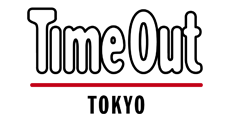
Time Out Tokyo x ICF2021 Special Session: Requirements for a New Age of Tourism ~Weaving happiness, folklore studies, and technology into destination stories~
-
-
Facilitator
 Arina Tsukada
Arina Tsukada
-
 Takashi Kunitomo
Takashi Kunitomo
-
 Gaku Tomikawa
Gaku Tomikawa
-
 Hiroyuki Fushitani
Hiroyuki Fushitani
-
 Yuko Inamasu
Yuko Inamasu
-
Thanks to booming inbound traffic, in 2019 Japan was well on its way to becoming a major travel destination, with a record 31.88 million foreign visitors that year. This surge led to an influx of tourists that exceeded the capacity of tourist destinations, causing a variety of negative interactions between locals and tourists, and resulting in “over-tourism” being seen as a problem. The pandemic cutting off the flow of people to tourist spots has renewed our awareness of the reality that tourist destinations are a community’s living spaces. We should surely take this opportunity to re-think and redefine the act of “tourism” itself.
Lately, more and more tourists seem to have the mindset that they would like to visit places where the locals themselves are living happily and where the locals themselves have pride in the region’s history and culture. What would a tourist spot that is not just for consumption by outsiders look like? In this session, we will discuss how a region can coexist with tourists from the perspective of happiness, folklore studies, and technology, and contemplate the requirements for a new age of tourism.
Facilitator:
Arina Tsukada (Curator / Editor)
Speakers:
Takashi Kunitomo (CEO, ASOVISION Inc. / Visiting Professor, Ritsumeikan University)
Gaku Tomikawa (Representative, TOMIKAWAYA CO.,Ltd / Local Producer)
Hiroyuki Fushitani (President, Original Inc. /Time Out Tokyo Inc.)
Yuko Inamasu (CEO, TOKI, Inc.)Program Detail
-
11/25(Thu) / Hybrid Session * with online viewing
-
13:00~13:15 Opening
-
 Heizo Takenaka
Heizo Takenaka
-
 Hiroo Ichikawa
Hiroo Ichikawa
-
 Fumio Nanjo
Fumio Nanjo
-
-
13:15~14:00 Keynote
-
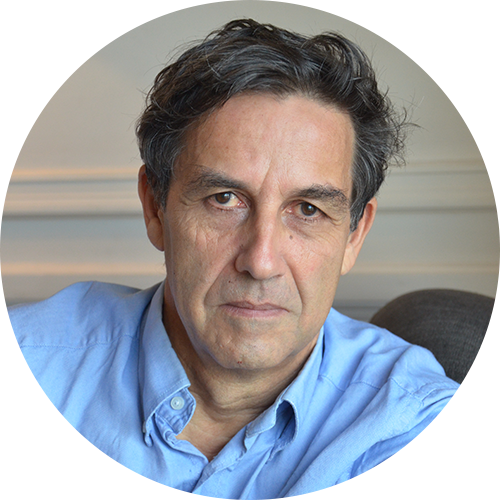 Emmanuel Todd
Emmanuel Todd
-
 Fumio Nanjo
Fumio Nanjo
-
-
14:05~14:35 Kickoff
Starting point for forum discussion
-
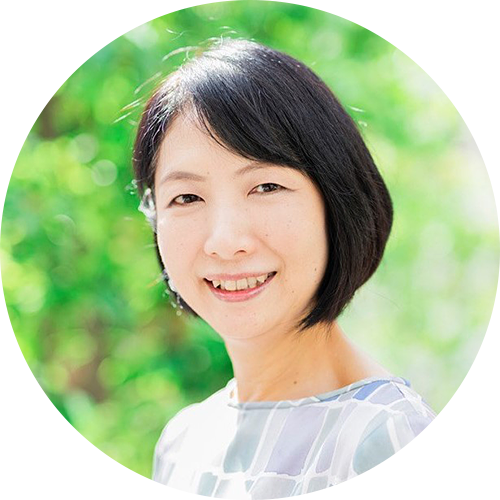 Kumi Fujisawa
Kumi Fujisawa
-
 Ai Koike
Ai Koike
-
 Eisuke Tachikawa
Eisuke Tachikawa
-
 Arina Tsukada
Arina Tsukada
-
 Makiko Nakamuro
Makiko Nakamuro
-
 Masaki Hamura
Masaki Hamura
-
 Daiji Kawaguchi
Daiji Kawaguchi
The kickoff session provides the starting point that informs the themes for each of breakout sessions. Discussion in each breakout session will contemplate a vision of the future, hinged around the “Sustainable & Creative” concept.
Director of Breakout Sessions: Kumi Fujisawa (Co-Founder, Think Tank SophiaBank)
Each facilitator of the breakout sessions will join.Program Detail
Breakout Session A
-
14:45~15:55 A-1
Visions of Work
~What is Work and How Will Remote Work Transform Society?~-
-
Facilitator
 Daiji Kawaguchi
Daiji Kawaguchi
-
 Akiko Asami
Akiko Asami
-
 Akie Nakamura
Akie Nakamura
-
 Makiko Hamase
Makiko Hamase
-
Covid-19 has brought about the rapid spread of remote work. This trend will not vanish in post-pandemic society for sure, and it is widely being argued that teleworking will take root to some extent in Japan.
Its impact on society as a whole will go beyond just changing how individuals work. The way families and individuals live, the place where people live, the location of offices and commercial facilities…the spread of remote work will lead to drastically changing our lifestyles and society.
However, the notion of “work” and “labor” shared among many firms in Japan has not changed for so long that transforming the way they manage and evaluate employees is not an easy task.
In this session, the discussion will focus on how individuals’ mindset towards work and labor is changing and how companies‘ will have to change their mindset to adapt to the social transformation. Looking at the future in which working remotely becomes the norm, we will try to redefine the concept of work and labor.
Facilitator:
Daiji Kawaguchi (Professor, Graduate School of Public Policy and Graduate School of Economics, The University of Tokyo)
Speakers:
Akiko Asami (Chief Marketing Officer/Chief Product Officer, TIGER CORPORATION)
Akie Nakamura (Chief Researcher, RENGO-RIALS)
Makiko Hamase (Chief Human Resources Officer, Toyota Tsusho Corporation)Program Detail
-
-
14:45~15:55 A-2
Visions of Learning
~Creativity Needed in the Future~-
-
Facilitator
 Eisuke Tachikawa
Eisuke Tachikawa
-
 Miwa Seki
Miwa Seki
-
 Tomoko Kitamura Nielsen
Tomoko Kitamura Nielsen
-
 Takayuki Shiose
Takayuki Shiose
-
People feel the need for learning and education to make their lives better, and to move society in better directions. Learning and education are an almost inseparable part of the concept of democracy, and businesses continually rate nurturing employees as one of their most significant concerns.
Rather than focusing just on primary, secondary, and tertiary education through schools and other institutions, learning for adults is becoming increasingly important as we shift towards the 100-year life.
Today, we still come across situations that we had not envisaged, there are dramatic transformations in our environment, and things that we once considered correct lose that status. In an age where there are no “right answers,” people are required to take on new challenges, and to create new value and new potential. At the same time, it is difficult to nurture creativity through conventional learning and education. These circumstances are crying out for new approaches to learning.
This breakout session examines what creativity education is actually needed, and contemplates new forms of learning in the context of the relationship of individuals with society and business.
Facilitator:
Eisuke Tachikawa (NOSIGNER Representative)
Speakers:
Miwa Seki (General Partner, MPower Partners Fund / Translator)
Tomoko Kitamura Nielsen (Cultural Translator)
Takayuki Shiose (Associate Professor, The Kyoto University Museum)Program Detail
-
-
14:45~15:55 A-3
Visions of Trust
~New Relationships among Art, Markets and Empathy~-
-
Facilitator
 Ai Koike
Ai Koike
-
 Hironao Kunimitsu
Hironao Kunimitsu
-
 Toyotaka Sakai
Toyotaka Sakai
-
 Daito Manabe
Daito Manabe
-
Trusting and giving credit to others enabled the formation of communities, societies, states, and markets, driving the development and growth of human society. Today, the scope encompassed by “others” is expanding beyond humanity and engendering a growing need for more diverse communication, including the exchange of information with non-human actors (others) such as animals, viruses, robots and artificial intelligences. Art has always played a large role in sympathy and empathy—sharing feelings and emotions with unknown others.
This breakout session discusses our approach to the empathy and the mutual understanding that is the source of trust, touching on developments in the field of art – such as media art, digital art, and NFT art (art in the form of non-fungible tokens) – and contemplates new measures of value based on the question of how the underpinnings of trust and credit will change.
Facilitator:
Ai Koike (General Partner, GO FUND, LLP / Assistant Professor, Kyoto University of the Arts)
Speakers:
Hironao Kunimitsu (Founder, gumi / Founder & CEO, Thirdverse, Co., Ltd.)
Toyotaka Sakai (Professor, Keio University / Co-Founding Director, Economics Design Inc.)
Daito Manabe (Artist / Programmer / DJ)Program Detail
-
Breakout Session B
-
16:10~17:20 B-1
Visions of an Urban Future
~Redefining the value of distance and density~-
-
Facilitator
 Masaki Hamura
Masaki Hamura
-
 Anju Ishiyama
Anju Ishiyama
-
 Keisuke Toyoda
Keisuke Toyoda
-
 Andrés Rodríguez-Pose
Andrés Rodríguez-Pose
-
TThe development of the knowledge economy has promoted physical proximity to enhance creativity, and as a result, urban functions have become more compact in major cities around the world. However, the COVID-19 pandemic has constrained urban activities, while people's work styles are being transformed to fit online work. How will these changes, triggered by the pandemic, redefine the value of distance and density that cities will create in the future? Can the value of real proximity be substituted with online exchange? Furthermore, will online activities lead to the balanced development of cities? This sub-committee will discuss the shape of post-COVID cities from a variety of angles including urban space, architecture, science, art and others.
Facilitator:
Masaki Hamura (Partner & Associate Director, Boston Consulting Group (BCG))
Speakers:
Anju Ishiyama (Social Activist)
Keisuke Toyoda (Institute of Industrial Science, The University of Tokyo (Project Professor, Vice Chair of Center for Interspace) / noiz / gluon)
Andrés Rodríguez-Pose (Professor, London School of Economics and Political Science)Program Detail
-
-
16:10~17:20 B-2
Visions of the Economy
~Wealth or Wellbeing? A Look at Development, Growth and Sustainability~-
-
Facilitator
 Makiko Nakamuro
Makiko Nakamuro
-
 Toshiki Abe
Toshiki Abe
-
 Mago Nagasaka
Mago Nagasaka
-
 Ken Togo
Ken Togo
-
Today, an increasing number of people are feeling uneasy about a capitalist economy built on economic growth predicated on mass production, mass consumption, and mass disposal. Capitalism may have brought freedom and prosperity, but there are growing anxieties about the current economic system that concentrates prosperity in the hands of a well-off minority, widening the divides in our society.
To make lives comfortable and convenient, and to fulfill individual desires, humanity is still extracting and utilizing vast amounts of our limited natural resources and energy reserves, producing and consuming vast amounts of products, and emitting vast amounts of solid, liquid, and gaseous wastes. Under our current economic system, concerns about our impact on the environment are put aside or postponed.
Nevertheless, despite feeling that something is wrong, what we have seen under the Covid-19 pandemic was that decline in consumption hampered the economy and pushed many people into poverty. Everyone is attempting to maintain and protect their own way of living, but in an economic system full of contradictions, we should be looking for a way to raise the level of well-being for society as a whole.
This breakout session addresses the economy, with a focus on development/growth and on sustainability. It contemplates what sort of economic system can be sustainable and lead to individual well-being.
Facilitator:
Makiko Nakamuro (Professor, Faculty of Policy Management, Keio University)
Speakers:
Toshiki Abe (CEO, Ridilover, Inc. / Representative Director, General Incorporated Association Ridilover)
Mago Nagasaka (CEO Artist, MAGO CREATION Co., Ltd.)
Ken Togo (Dean of the School of Liberal Arts and Sciences, Musashi University (scheduled to take office in April 2022))Program Detail
-
-
16:10~17:20 B-3
Visions of Tourism
~The New Relationship between the Value of Experience and Consumption~-
-
Facilitator
 Arina Tsukada
Arina Tsukada
-
 Ellie Omiya
Ellie Omiya
-
 Takayuki Kubo
Takayuki Kubo
-
 Naotaka Fujii
Naotaka Fujii
-
Virtual reality and augmented reality techniques have enabled virtual objects to be interwoven with the real world and are transforming the meanings of spaces. Our activities have been dispersed by the restrictions on movement necessary to control the spread of infection, but perhaps that dispersal has the potential to create new forms of tourism. Tourism had been considered part of leisure and recreation – the opposite to labor – but changes in industrial structure have been making that distinction less clear, and the pandemic has brought further change by facilitating new lifestyle choices such as remote work and workations. Pre-pandemic, tourism was focused on the consumption of experience.
This breakout session contemplates how that could change due to the interaction of the virtual and the real world, the changing relationship between labor and leisure, and the difficult-to-avoid dynamic of a shift from crowded to dispersed experiences.
Facilitator:
Arina Tsukada (Curator / Editor)
Speakers:
Ellie Omiya (Writer / Artist)
Takayuki Kubo (Professor, Associate Dean, College of Asia Pacific Studies, Ritsumeikan Asia Pacific University)
Naotaka Fujii (CEO, Hacosco Inc. / Distinguished Professor, Digital Hollywood Univ. Graduate School)Program Detail
-
-
-
17:30~18:00 Closing
Updating our visions of the future—Enjoying life in the city
-
 Kumi Fujisawa
Kumi Fujisawa
-
 Ai Koike
Ai Koike
-
 Eisuke Tachikawa
Eisuke Tachikawa
-
 Arina Tsukada
Arina Tsukada
-
 Makiko Nakamuro
Makiko Nakamuro
-
 Masaki Hamura
Masaki Hamura
-
 Daiji Kawaguchi
Daiji Kawaguchi
The closing session brings together the discussion to contemplate what the city of the future will be like overall, taking into account how the visions discussed in each of the breakout sessions will affect the city and what role the city has to play in attaining those visions.
Director of Breakout Sessions: Kumi Fujisawa (Co-Founder, Think Tank SophiaBank)
Each facilitator of the breakout sessions will join.Program Detail
-
Overview
Schedule
2020/11/22 (Mon)–11/25 (Thu)
- ・All sessions will be live streamed and watch for free.
- ・English-Japanese Simultaneous Interpretation is provided
- ・In-person attendance on 25th by invitation only
Venue
Roppongi Academyhills, Roppongi Hills Mori Tower 49F
Organized by
The Mori Memorial Foundation / Mori Art Museum / academyhills
Ticket
Free online viewing ticket: pre-registration is required.
- ・All sessions between November 22nd and 25th are available for online viewing.
- ・For online registration, please sign up to EventRegist.
- ・The link for online viewing will be shown on “MY TICKET” page of EventRegist on AM, November 22nd.
Organized & Supported
Organized by
Collaborated by
 Japan Science and Technology Agency Research Institute of Science and Technology for Society
Japan Science and Technology Agency Research Institute of Science and Technology for Society Ritsumeikan Asia Pacific University
Ritsumeikan Asia Pacific University
Media Partner
Supported by
 The Japan Foundation
The Japan Foundation DENTSU YOUTH STUDY
DENTSU YOUTH STUDY International House of Japan
International House of Japan Culture Vision Japan
Culture Vision Japan Japan Association of New Economy
Japan Association of New Economy
ICF - Network Members
Cooperation granted by

Emmanuel Todd
Historical Demographer
Born in 1951, Todd is a French historical demographer and family anthropologist. Using a methodology that focuses on variations in family systems and demographics by country and region, Todd has published works that predicted a number of pivotal events. These include the collapse of the Soviet Union in The Final Fall: An Essay on the Decomposition of the Soviet Sphere (first published in 1976), the financial crisis that originated in the US in After the Empire: The Breakdown of the American Order (2002), and the Arab Spring in A Convergence of Civilizations: The Transformation of Muslim Societies Around the World (2007), as well as Trump’s victory and Brexit. Publications in Japanese include “Doitsu Teikoku” ga Sekai o Hametsusaseru [“The German Empire” will wreck the world], Who is Charlie?, Mondai wa Eikoku dewanai EU da [The problem is not Great Britain but the European Union], Rojinshihai-koku: Nihon no Kiki [Gerontocracy: Japan’s crisis] (all published by Bunshun Shinsho), and La carte intellectuelle d’Emmanuel Todd (published by Chikuma Shobo).

Kumi Fujisawa
Co-Founder, Think Tank SophiaBank
Kumi Fujisawa founded Japan’s first investment trust evaluation company in 1995 after working for several investment fund management companies. She sold the company and joined Think Tank SophiaBank to incubate new social systems by fostering social entrepreneurs in 2000, has worked as a co-founder since 2003.
She was assigned as one of the Young Global Leaders in 2007 and the member of the Global Agenda Council in 2008 by World Economic Forum. In 2016, as the leader of the international conference “World Forum on Sport and Culture” a government-sponsored public-private project led by the Ministry of Education, Culture, Sports, Science and Technology, she led the conference successful which 7,500 people attended.
She is currently a committee member at several government ministries, a board member at some Professional Associations such as Japan Securities Dealers Association and Japan Professional Football League etc. and an external board member at some public-listed companies such as the Shizuoka Bank, Ltd., Toyota Tsusho Corporation, etc.
She has many opportunities to interact and talk with many leaders both in Japan and overseas, and is working to connect public and private leaders, promote social innovation, support organizational reforms, and create movements that set new common sense.

Ai Koike
General Partner, GO FUND, LLP / Assistant Professor, Kyoto University of the Arts
Started her career as one of startup company members when she was in the college. After graduated Keio University in Japan, joined Hakuhodo, the second largest advertisement agency in Japan. In 2012, transferred her career as an investor and became a member of Advantage Partners, LLP, one of the top Private Equity funds in Asia. From 2015, she has started investing in startups in Southeast Asian countries and India under Asuka Holdings Singapore. Served as a corporate advisor in private. Also, a contemporary art collector and a master of Kaiseki cuisine.
Launched GO FUND, LLP in 2020.
Joined Kyoto University of the Art as an assistant professor in 2021.

Eisuke Tachikawa
NOSIGNER Representative / JIDA President / Evolution Thinking Inventor / Design strategist / Keio University Graduate School SDM (Associate Professor) / The committee member to create a basic policy for the Japan pavilion at the 2025 World Expo in Osaka
Tachikawa is a design strategist who designs alternatives for a hopeful future and aims to renew creativity education.
In order to foster change-makers in various sectors of industry, academia, and government, he advocates "Evolution Thinking," which tells the essence of creativity from the natural phenomenon of biological evolution, and continues to work to spread creative education.
He has gone beyond the realms of products, graphics, and architecture to create comprehensive strategies for countless next-generation energy, regional revitalization, and SDG related projects, and lead them all to success.
Winner of more than 100 awards worldwide, including the Good Design Gold Award (Japan) and DFA Design for Asia Grand Award (Hong Kong), he has also served as a judge for the Good Design Award, DIA (Design Intelligence Award), DFAA (Design for Asia Award), and WAF (World Architecture Festival). His main projects include OLIVE, Tokyo Bousai, PANDAID, YAMAMOTOYAMA, Yokohama DeNA BayStars, YOXO (Yokohama, Japan), and the concept for the OSAKA, KANSAI EXPO 2025.
He is the author of "Evolution Thinking" (Ama no Kaze, 2021) which won the YAMAMOTO SHICHIHEI Prize, Japan's leading academic award selected by biologists and economists, and "Design and Innovation - 50 ways to create the future" (Pi International, 2016).

Arina Tsukada
Curator / Editor
Arina Tsukada is an explorer in new fields of Art & Science. Founder of The Whole Universe Association since 2018. With a diverse professional background, she is known for her participation as the director of the Sound Art project “See by your ears”, led by a sound artist Evala, as well as for being the editor in chief of the Art & Science online magazine “Bound Baw” since 2016. She continues to explore new worlds of possibilities through an interdisciplinary approach. Using art and science, and her multidisciplinary background, she has organized multiple conferences, exhibitions, media-productions, and the other spectacular events. She is also the author of the books “Art Science is (2018)”, co-author “Information Umwelt - Guidebook for playing between AI and human body(2019).”

Makiko Nakamuro
Professor, Faculty of Policy Management, Keio University
Makiko Nakamuro is currently appointed as a Professor of faculty of policy management, Keio University. With substantial working experiences at the central bank and the international organizations, Makiko specializes in economics of education and methodologically focuses on the impact evaluation, especially in the field of education. Her academic research is thus related with education policy, resource allocation in education and school financing, etc. She obtained a Master's and Ph.D. degree from Columbia University in the city of New York.

Masaki Hamura
Partner & Associate Director, Boston Consulting Group (BCG)
Masaki Hamura is a core member of the firm’s Technology Advantage and Public Sector practices, and of the BCG Center for Global Future City team, a global unit that specializes in building smart cities.
Prior to joining BCG, Masaki worked at LINE Corporation as an Executive Officer/VP of Corporate Business Strategy, Twitter Inc. as a Head of Brand Strategy for East Asia, and Google Japan as a Head of Strategy and Sales Operations. In addition to the role at BCG, he is also serving as Dean and Professor at the Institute for Future City Studies, Advanced Research Labs, Tokyo City University.
Ph.D., The University of Tokyo
MS in Urban Planning, Columbia University

Lailani L. Alcantara
Dean, College of International Management, Ritsumeikan Asia Pacific University (APU)
Originally from the Philippines, Professor Alcantara graduated from the Tsukuba University Graduate School before she began teaching in 2010 as an assistant professor at Ritsumeikan Asia Pacific University (President: Haruaki Deguchi, abbreviated as APU) in Beppu City, Oita Prefecture. Then in 2018, she then became a visiting scholar at Cornell University for one year before returning to APU as a professor and the director of the Center for Inclusive Leadership in 2019. Her courses primarily include organizational behavior theory, management of human resources, organizational behavior, and global management. In April 2021, she became the first female dean of the College of International Management at APU. She is one of the most popular faculty members because she is highly trusted by students and faculty members alike.

Jiro Kokuryo
Professor, Faculty of Policy Management, Keio University
Professor Jiro Kokuryo is concurrently a professor at the Faculty of Policy Management, Keio University. He joined Keio in 1993 as an associate professor at the Graduate School of Business Administration, where he was appointed professor in 2000. He served as Executive Director of the Keio Research Institute at SFC (2005-2009) and Dean of the Faculty of Policy Management (2009-2013), Vice-President for International Collaboration and Education in 2013-2021. He graduated from the University of Tokyo in 1982 and acquired a Doctor of Business Administration (1992) from Harvard Business School while an employee of Nippon Telegraph and Telephone Corporation (1982-1993).
His major publications in Japanese include "Open Architecture Strategy," Diamond Inc. (1999), and "Business Strategy in an Onymous Economy," Nikkei Publishing Inc. (2013).
Human-Information Technology Ecosystem: https://www.jst.go.jp/ristex/hite/en/

Akiko Asami
Chief Marketing Officer/Chief Product Officer, TIGER CORPORATION
After graduating from Sophia University Faculty of Science and Technology with a degree in Electrical and Electronics Engineering, Asami joined Eastman Kodak. After that, she moved to Sony, where she helped launch VAIO and served as the general manager of the business strategy department at corporate headquarters. After serving as CIO at OKWave and then president and CEO of OKLife and OKMusic, in 2019 she joined Tiger Corporation as chief product officer and chief marketing officer. At Tiger, she has responsibilities across a range of areas, including development of underlying technologies, business strategy for the next 100 years, product planning, strategic marketing, advertising & public relations, and intellectual property and legal affairs.
Leveraging her experience as a working mother, she strives to bring cooking appliances to the market that allow people to safely and easily make delicious meals every day, while ensuring that the manufacturing process takes into account human rights, the environment, and health. The aim is to build a company that is a “social good” for the next 100 years by paying attention to both the emotional aspects as well as the bottom line.

Toshiki Abe
CEO, Ridilover, Inc. / Representative Director, General Incorporated Association Ridilover
Born in 1987. Abe established “Ridilover,” a platform to deliver and share messages about social issues through tours in 2009, while still a student at the University of Tokyo. He has been teaching classes in social entrepreneurship to first and second year students at the College of Arts and Sciences of University of Tokyo since 2012. Talents include ability to catch tuna with bare hands.
Abe has organized tours covering at least 350 social issues, sending more than 10,000 people to witness these issues on-site. In recent years he has been offering study tours for school trips by middle and high schools and training sessions by corporate HR departments. In 2018 he launched the membership online investigative media, Ridilover Journal to examine the structure of social issues. His aim is to create an environment in which everyone can easily be exposed to social issues from a variety of angels.
Abe is the recipient of many awards, including an award in the first Ministry of Internal Affairs and Communications’ NICT Entrepreneur Koshien competition and the highest award in the fourth KDDI ∞ Labo (Mugen Labo) competition. In 2017 he was included on the Forbes 30 Under 30 for Asia. He is the author of Itsuka Rida ni naru Kimitachi e [A Message to Leaders of the Future] (Nikkei Business Publications, Inc.) and Nihon ni Tsukeru Kusuri [Medicine for Japan] (Discover 21).

Anju Ishiyama
Social Activist
Born in 1989, Ishiyama is a sharing economy evangelist. Besides being involved in activities that promote a new lifestyle based on the sharing economy concept, she is Executive Director of the Sharing Economy Association Japan (also the general manager of its secretariat) and serves on government committees at the Ministry of Health Labour and Welfare (MHLW), Ministry of Economy, Trade and Industry (METI), and Ministry of Internal Affairs and Communications (MIC). In 2018 she established Public Meets Innovation, a think tank for the millennial generation, and was appointed its director. She regularly appears on TV Asahi’s Shinichi Hatori Morning Show and she advocates a new form of family that she calls the extended family. Ishiyama is the author of Share Life: Dive Into a New Life of Sharing Economy (in Japanese, CrossMedia Publishing).

Miho Izumi
Chief Manager, Global Partners Consulting Group
B.A. (Social Sciences) from Ritsumeikan Asia Pacific University, MBA from Manchester Business School, UK. Miho has over 10 years of experience in the education franchise industry in managing and expanding overseas business. Traveled overseas more than 200 days a year, and was in charge of human resource development and organizational strengthening in offices around the world. Experienced in setting up new businesses in Malaysia, including setting up a local company, researching and negotiating with the government to obtain necessary business certification, setting up educational and training institutions to obtain certification, restructuring franchise agreements and negotiating contracts with franchisees. Extensive experience in project management involving local staff from various countries.
Since joining Global Partners Consulting (GPC), Miho has been working as a bridge between Japanese SMEs and local companies, helping Japanese companies in a wide range of industries such as education, IT, healthcare, retail, logistics and finance to develop their business overseas by developing sales channels and finding business partners, to build a win-win business collaboration. Miho has extensive experience in researching barriers to foreign investment, including licensing, and identifying cross-cultural business considerations when executing projects.
In addition, as a Singapore Certified Management Consultant (SCMC), she has been working with many Singaporean companies on their expansion into Japanese market since 2019.As a Singapore-based consultant, she is also an active speaker, sharing her know-how and experience in overseas business and passionate in empowering women and young generations.

Shohruhbek Ibragimov
Yanmar Energy System Co., Ltd.
Born in Uzbekistan, Ibragimov is currently working for a Japanese company in Tokyo. After graduating from Ritsumeikan Asia Pacific University (APU) in September 2010, he joined a major Osaka-based industrial machinery manufacturer. His initial assignment was to a logistics-related subsidiary, and then in 2014 he was transferred to the management strategy department. From 2016, he performed a variety of roles in the marketing division at corporate headquarters, analyzing customer and industry trends and conducting market research. He is currently on assignment at an energy-related operating company. Now living in Tokyo, Ibragimov is engaged in addressing the needs of people in emerging countries that lack energy infrastructure. Outside of work, he provides job search and career development support to foreign nationals, and he is also involved in cross-cultural exchange activities. His hobbies are soccer and hiking.

Ellie Omiya
Writer / Artist
Ellie Omiya graduated from the University of Tokyo, Faculty of Pharmaceutical Sciences. After working at an advertising agency, she achieved popularity for her essays about daily life. Besides her career as a writer, she works as a radio personality as well as a host of TV programs, a screenwriter and director.
From 2012, she started holding interactive solo exhibitions in which works are completed by the viewers' participation. She started to paint on the occasion of her Live Drawing "Celebration Melody: Naoshima" in Ueno in 2012, and continues to explore the medium of painting. In a solo exhibition "Sincerely Yours" at Towada Modern Art Center in 2016, she also exhibited in the city center arcade, which received attention. In 2019 her solo exhibitions were held also overseas including Milan, Hong Kong and Paris.
Ellie Omiya’s work has the energy of life overflowing from the canvas and filling the space. Flowers, trees and different landscapes are vividly depicted through the artist’s emotion, moving the viewer into an active experience beyond the mere act of viewing. In 2020 her solo exhibitions were held at ROPPONGI HILLS A/D GALLERY, and at Isetan Salone in Tokyo Midtown.
In 2020, 9 years after the Great East Japan Earthquake, she started on-line school “Ellie’s Online Campus” to help people unlock creativity. Through hands-on activities designed and practiced by herself, her classes will help people grow one’s creative confidence. (https://elliegakuen.com/about) In summer 2021 she started “Ellie’s Online Campus for Children” to help young children aged around 6 – 15 break patterns, generate new ideas, and take creative leaps. (https://kodomo-elliegakuen.com/about)

Daiji Kawaguchi
Professor, Graduate School of Public Policy and Graduate School of Economics, The University of Tokyo
He is mainly engaged in empirical research in labor economics. In particular, he has been describing the changes in inequality of wages and employment opportunities in the labor market and analyzing the mechanisms behind them. He has also assessed various government policies with a particular focus on labor policy. He has been working on these topics using the approach of micro-empirical economics. His current main research interest is to analyze the impact of new technologies and changes in the macroeconomic environment on employment and wages, focusing on the heterogeneity of workers.
He received his Ph.D. in Economics from Michigan State University in 2002. After working at Osaka University, Tsukuba University, and Hitotsubashi University, he assumed his current position in 2016. He is a program director of the Research Institute of Economy, Trade and Industry (RIETI), and an outside director of the University of Tokyo Economic Consulting Co.

Takashi Kunitomo
CEO, ASOVISION Inc. / Visiting Professor, Ritsumeikan University
Kunitomo has been active as a director and producer since his university years. He has been professionally directing and producing television shows and artist appearances for the past 10 years. At Yahoo! he was involved in developing media platforms that were used by tens of millions of people, such as Yahoo! Auctions, Yahoo! Answers, and the Yahoo! JAPAN portal. As head of the planning department and the business strategy department, he successfully led the company into new areas through new business development and M&A. When responsible for c CXO (customer experience officer) at KDDI, Kunitomo took advantage of big data to realize a comprehensive transformation of customer experience design at customer contact points including mass media, the internet, au mobile phone shops, and call centers. As a researcher in the fields of system engineering and emotional engineering, his unique methods for innovation design and human system design are attracting attention, and he has won the Japan Creativity Society Best Paper Award.

Hironao Kunimitsu
Founder, gumi / Founder & CEO, Thirdverse, Co., Ltd. / Founder & CEO, FiNANCiE / Managing Partner, gumi cryptos
Born in 1974. After graduating from Santa Monica College in the U.S., he joined AtMovie, Inc. in May 2004 and was appointed as a director in the same year. He established gumi Inc. in June 2007 as founder/CEO. He then resigned from the company in July 2021 to be appointed both as CEO of Thirdverse, Co., Ltd. and CEO of FiNANCiE in August 2021.

Takayuki Kubo
Professor, Associate Dean, College of Asia Pacific Studies, Ritsumeikan Asia Pacific University (APU)
Takayuki Kubo received a Master of Architecture degree from Cornell University, a Ph.D. in economics from Chuo University, and is a First-Class registered architect. He also teaches at the Meiji University Graduate School of Governance Studies - Public Policy School. He specializes in urban and regional planning, urban and regional policy, and urban and regional economics.
After working at Mori Building Co. Ltd. and Shanghai World Financial Center Co. Ltd., he became a Senior Researcher at the Mori Memorial Foundation’s Institute for Urban Strategies; General Manager of Samsung C&T Corporation’s Urban Development Division; and then Senior Researcher and Director of the Information Strategy Office at the Fukuoka Asian Urban Research Center before taking a teaching position at APU. While promoting industry-academia-government collaboration, he has been pursuing research and educational activities aimed at realizing sustainable development in the Oita/Kyushu region by encouraging tourism-related industrial innovation.
He has been serving as a director of Hatto Onpaku (NPO), Global Business Network (NPO), and the Japan Telework Society, as well on the selection panel for the candidate to operate an integrated resort (IR) in Kyushu/Nagasaki.
He is the author of Global Competitiveness Strategies for Cities and Regions (Jijitsushinsha), and the co-author of titles including Tokyo-tobashi no Chiho Sosei [Regional revitalization skipping tokyo] (Jijitsushinsha), Inbaundo Chiho Sosei [Inbound regional revitalization] (Discover 21), and Tokyo no Mirai Senryaku [Tokyo’s strategy for the future] (Toyo Keizai Inc.).

Toyotaka Sakai
Professor of Economics, Keio University / Co-Founding Director, Economics Design Inc.
Toyotaka Sakai is Professor of Economics, Keio University. His major is the theory of mechanism design and its real-life application to business problems. He is also Co-Founding Director of Economics Design Inc. and the author of a bestseller book entitled, Doubting the Majority Vote, which appears in a high-school textbook. His papers are published in various academic journals.

Miwa Seki
General Partner, MPower Partners Fund / Translator
Seki is a graduate of Keio University’s Faculty of Letters and Faculty of Law. After working at Dentsu and Smith Barney, she received an MBA from Harvard Business School. Afterward, she was at investment bank Morgan Stanley before becoming the head of the Tokyo branch of investment advisory firm Clay Finley. She also serves as a member of the board at the Asian University for Women Support Foundation, which supports the AUW in Bangladesh. Her translations into Japanese include Zero to One: Notes on Start Ups, or How to Build the Future (NHK Publishing); Factfulness: Ten Reasons We’re Wrong About the World—and Why Things Are Better Than You Think (co-translator, Nikkei Business Publications); and Talking to My Daughter About the Economy: or, How Capitalism Works—and How It Fails (Diamond).

Gaku Tomikawa
Representative Director, Tomikawaya / Local Producer
Tomikawa was born in 1987 in Nagaoka City, Niigata Prefecture. He worked in Tokyo for advertising agency spicebox (attached to Hakuhodo) before moving to Tono City in Iwate Prefecture in 2016. After the launch of Next Commons Lab, he struck out on his own. Tomikawa has devoted himself to learning more about Iwate’s rich local culture. From the standpoint of folklore studies, he endeavors to re-entwine the area with its story while working as a producer in a variety of areas, including tourism, content & merchandise development, design, and initiatives in collaboration with educational institutions. Tomikawa is vice chair of the Tono Culture Appreciation Society, a member of Tono Heritage Certification Committee, and director of the Tono Tourism Association.

Keisuke Toyoda
Institute of Industrial Science, The University of Tokyo (Project Professor, Vice Chair of Center for Interspace) / noiz / gluon
Born in 1972, Chiba, Japan. Work experience included Tadao Ando Architect & Associates (1996- 2000), SHoP Architects (2002-2006, New York). He founded noiz with Jia-Shuan Tsai in 2007, based in both Tokyo and Taipei. Kosuke Sakai has joined since 2016 as a partner. Warsaw office opened in 2020. In 2017 Toyoda founded gluon with Mitsuhiro Kanada, a consulting and advisory firm on the issues about Common Ground. He served as an advisor for EXPO 2025 OSAKA venue design for bidding (2017-2018). He founded and now serves as a vice chairman for Architectural Informatics Society (2020-) and advisor for Osaka Common Ground Living Lab (2020-). Toyoda has joined the Institute of Industrial Science, The University of Tokyo as a Visiting Professor, then promoted to a Project Professor and vice chair of the Center for Interspace by October, 2021.
noizarchitects.com(https://noizarchitects.com/)
gluon.tokyo(https://gluon.tokyo/)

©︎MAGO CREATION
Mago Nagasaka
CEO Artist, MAGO CREATION Co., Ltd.
Born in 1984, Mago was an artist on the streets after his company fell into bankruptcy in 2009. In June 2017 he visited Agbogbloshie, a slum area in Ghana that is known as the world’s largest graveyard for electronic devices. There, he met people who make a living by burning the electronic devices that are thrown away by developed countries to recover resources. He decided to use the power of art to convey the reality that the lifestyles of people in developed countries are built on the sacrifices of the people who live in these slums. Mago is an advocate of sustainable capitalism. So far, he has delivered more than 1,000 gas masks to Ghana, and in 2018 he established the MAGO Art & Study Institute in this slum. In August 2019, he stayed 53 days during his fifth visit to Agbogbloshie. During this visit, to bring new hope and life to the people there, he established the MAGO E-Waste Museum, the first cultural institution in the slum. Emmy Award-winning film director Kern Konwiser followed Mago to make Still a Black Star, a documentary that is currently being prepared for release.

Tomoko Kitamura Nielsen
Cultural Translator
Living in Lolland, Denmark since October 2001. Born in Chigasaki, and grew up in Chigasaki/Odawara in Kanagawa prefecture.
After moving to Denmark, Tomoko has worked between Japan and Denmark for various themes and topics with various people from elementary school kids to ministers and the Crown Prince such as renewable energy, welfare system, sustainable society, education, democracy, sports and culture, reconstruction and city planning with municipalities and prefectures etc.. Tomoko has been arranging many learning journeys since 2006 between Japan, Denmark and Scandinavian countries.
One of the most important recent projects is to establish Lollands Højskole(International Academy for FOOD) in Lolland, Denmark that opens January 2023 for accelerating not only sustainable and healthy food and water supply but also better democracy in the world through international dialogue, experiments and practices with lots of joy as life-long learning process. Tomoko runs for election of city council members for Lolland Municipality with Japanese nationality in November 2021. Member of executive board for AIDA DESIGN LAB. Member of The Foreign Press Association in Denmark. Member of Soroptimist International.

Naotaka Fujii
CEO, Hacosco Inc. / Distinguished Professor, Digital Hollywood Univ. Graduate School / Representative Director, XR Consortium / Representative Director, Braintech Consortium
MD, PhD, CEO of Hacosco Inc., Distinguished Professor at Digital Hollywood University Graduate School, Representative Director of XR Consortium, Representative Director of Braintech Consortium.
Obtained a doctorate in medicine from Tohoku University Graduate School. After serving as a researcher at the Massachusetts Institute of Technology (MIT), he has been the team leader of the Adaptive Intelligence Research Team at the RIKEN Brain Science Institute since 2004. Founded Hacosco in 2014. Established VR Consortium in 2015, Professor at Digital Hollywood University Graduate School from 2018, Established Braintech Consortium in 2021.

Hiroyuki Fushitani
President, Original Inc. / Time Out Tokyo Inc.
Born in Shimane prefecture and a graduate of Kansai Gaidai University, Hiroyuki Fushitani joined Tower Records, Inc. while still in university, and became the company's CEO in 2005. That same year he founded Napster Japan, Inc. and held both CEO positions simultaneously. After serving as chief advisor to Tower Records, he founded Original Inc. in 2007 and established Time Out Tokyo in 2009. He holds several specialist roles, including within the Tourism Agency, the Ministry of Agriculture, Forestry and Fisheries, and the city of Tokyo.

Shira Damia Putrinda
Programme Manager, enpact
Shira Damia Putrinda is originally from Indonesia and has lived for 10 years in Japan. Shira speaks three languages fluently (Indonesian, English, and Japanese). She holds a Bachelor of Social Science in International Governance from Ritsumeikan Asia Pacific University. At the Hertie School, she studied international affairs, specializing in international security, gender and conflict resolution. During her master’s studies, she worked as a Project Coordinator at enpact for a Smart City project between Berlin and Jakarta. She was also a member of the Steering Committee at Hertie School International Development Club. She has six years of professional experience in Mitsubishi Motors Corporation in Japan, where she focused on an investment project in Indonesia and business development in Europe. Shira is particularly interested in opportunities in conflict resolution, global development, and cooperation between Europe and Asia. Currently, she is a Programme Manager at enpact, orchestrating Berlin Landing Pad program for startup founders in developing countries and organizing AsiaBerlin Events to connect Berlin & Asia.

Andrés Rodríguez-Pose
Professor of Economic Geography, London School of Economics and Political Science
He is a Professor of Economic Geography at the London School of Economics, where he was Head of the Department of Geography and Environment. He has also been Vice-President (2012-2013) and Secretary (2001-2005) of the European Regional Science Association. He is a regular advisor to numerous international organizations, including the European Commission (EC), the European Investment Bank, the World Bank, the Cities Alliance, the Organisation for Economic Cooperation and Development (OECD), the International Labour Organization (ILO), the Food and Agriculture Organization (FAO), the Inter-American Development Bank, and the Corporación Andina de Fomento. He is the joint managing editor of Environment and Planning C: Government and Policy, an editor of Economic Geography, and sits on the editorial board of 32 other scholarly journals, including many of the leading international journals in economic geography, human geography, regional science, and management. He is the former holder of a European Research Council (ERC) Advanced Grant and the only social scientist to have been awarded the Royal Society-Wolfson Research Merit Award.

Daito Manabe
Artist / Programmer / DJ
Launched Rhizomatiks in 2006. Specially-appointed professor at Keio University SFC.
Manabe’s works, which range into a variety of fields, takes a new approach to everyday materials and phenomena. However, his end goal is not simply rich, high-definition realism by recognizing and recombining these familiar elemental building blocks. Rather, his practice is informed by careful observation to discover and elucidate the essential potentialities inherent to the human body, data, programming, computers, and other phenomena, thus probing the interrelationships and boundaries delineating the analog and digital, real and virtual.

Shigeki Uno
Professor, Institute of Social Science, The University of Tokyo
After receiving his undergraduate degree from the University of Tokyo, Uno went on to receive a PhD in Law from the University of Tokyo’s Graduate Schools for Law and Politics. Uno was an assistant professor in Chiba University’s Faculty of Law, Politics and Economics and then an assistant professor and associate professor at the University of Tokyo’s Institute of Social Science (ISS) before assuming his current position in April 2011. During that time, he was also a visiting scholar at the École des hautes études en sciences sociales and a Mori Hamada distinguished visitor at Cornell Law School.
With the nineteenth-century French political philosopher Alexis de Tocqueville as his starting point, Uno has studied contemporary political philosophy in France and the United States, and he examines issues such as democracy, freedom and equality, social ties, and religion. In recent years, prompted by his participation in an ISS institute-wide joint research project to study hope, he has been conducting a survey in regions throughout Japan. He has also written numerous pieces of commentary and critique on Japanese contemporary politics.
Major publications in Japanese include Pour la philosophie politique/For Political Philosophy: Dialogues with Contemporary French Political Philosophers (Prix Shibusawa Claudel (Prix LVJ); University of Tokyo Press); Tocqueville: A Theorist of Equality and Inequality (Suntory Prize for Social Sciences and Humanities, Kodansha Academic Bunko); Democracy in the Age of Meism (Iwanami shinsho); How to Make Democracy? (Chikuma Shobo); A History of Western Political Thought (Yuhikaku); Hoshu shugi to wa nanika [What is Conservatism?] (Chuko Shinsho); and Mirai o hajimeru `issho ni iru koto’ no seiji-gaku [Starting the future: the political science of being with others”] (University of Tokyo Press); Minshu shugi to wa nanika [What is Democracy?] (Kodansha’s New Library of Knowledge, October 2021).

Tadashi Kobayashi
Professor Emeritus, Osaka University / Specially Appointed Professor, Center for the Study of Co* Design, Osaka University / Director-General, JST Research Institute of Science and Technology for Society / Member and President’s Advisor of Science Council Japan
Born in Kyoto in 1954, Kobayashi graduated from the Faculty of Science, Kyoto University in 1978. He received his Ph.D. From the School of Science at the University of Tokyo in 1983. His main areas of research are philosophy of science, and science, technology and society (STS) studies. After holding positions at the University of Teacher Education Fukuoka and Nanzan University, in April 2005 Kobayashi became a professor at the Center for the Study of Communication-Design at Osaka University. After serving as vice director of the center from 2015 to 2019, he retired in 2020.
Kobayashi introduced the “Consensus Conference” to Japan. These sessions give experts and citizens the opportunity to sit at the same table to deepen their understanding of, and make recommendations on, the role of science and technology in society. He was involved in the founding of the Japanese Society for Science and Technology Studies in 2001 and served as its first president. His books in Japanese include Science and Technology in the Public Sphere (Tamagawa University Press), Dare ga kagaku gijutsu ni tsuite kangaeru no ka [Who thinks about science and technology] (The University of Nagoya Press), and Toransusaiensu no jidai [The Age of Trans-Science] (NTT Publications).

Takayuki Shiose
Associate Professor, The Kyoto University Museum
Takayuki Shiose was graduated from the Department of Precision Engineering, Faculty of Engineering, Kyoto University. He completed the graduate school and earned a Ph.D. in System Engineering, studying the systematization of the transfer of professional skills of manufacturing by using Communication Design Theory and Machine Learning Algorithms. He served as Assistant Professor of the Graduate School of Informatics, Kyoto University. After working for two years as an deputy director in charge of technology strategy at the Ministry of Economy, Trade and Industry, he was appointed as Associate Professor of the Kyoto University Museum. His accomplishments include the production of science communication programs, design direction of science museums, and publications for science and technology. His recent publications are "The Power of Questions (2020)" and others.

Yuko Inamasu
CEO, TOKI, Inc.
Raised in both Tokyo and New York City, Yuko Inamasu is an entrepreneur aiming the bridge the gap between the delicate and hidden heritages of Japan and the international community. After studying abroad for a year at Dartmouth College and graduating from Keio University with a degree in law, she began her career at a European strategy consultancy, and worked on design projects at a US based design company. She eventually came to combine her expertise in business and design as well as her own multicultural experiences to begin TOKI in 2014.
https://www.toki.tokyo/experiences-jp

Kenjiro Higashi
Project Manager of Decidim, Code for Japan
As a project manager of Decidim in Code for Japan, Mr. HIGASHI has created various consensus building cases in collaboration with local governments and organizations, including Japan's first use case in Kakogawa City, Hyogo Prefecture.
Graduated from the Faculty of Law, University of Tokyo in 2002. Since April 2021, he has also served as a policy advisor of Hino Town, Shiga Prefecture.

Miyuki Tanaka
Curator / Producer
TANAKA started working on projects that defy categorization under the theme of “disability as a perspective that redefines the world.” Through projects dealing with expressions that have yet to be valued, she rethinks the way we view and perceive expressions together with people with disabilities and viewers. Recent work includes the film Night Cruising in 2019, Dance Work in Progress with Sound (KAAT Kanagawa Arts Theatre) from 2017 until 2019, and the exhibition "The Great Ordinary" (Borderless Art Museum NO-MA, Shiga) in 2017. Her ongoing projects include the exhibition "Rules?” (21_21 DESIGN SIGHT, Tokyo), the exhibition "Ways of Telling" (Shibuya Koen-dori Gallery, Tokyo), "Speaking to the Senses: Visual Language for Theater" (KAAT Kanagawa Arts Theatre, Kanagawa) from 2020 and "Audio Game Center" from 2017.
She is the creator of the basic concept for the Japanese Pavilion at the Osaka Expo.

Akie Nakamura
Chief Researcher, JTUC Research Institute for Advancement of Living Standards
Nakamura has an MS in mathematical sciences and a PhD in commerce and management. She conducts surveys, performs research, and makes recommendations on topics such as the future of work, the development of labor-management relations, and the advancement of the labor market. Nakamura joined Recruit in 1999, and after launching the Tech Soken website, she transferred to Recruit Works Institute in 2009. At the institute, she has overseen the release of long-term forecasts addressing the future of work, including Renovate and Reinvent our Workstyle by 2025, Work Model 2030: Technology Innovates Work in Japan, and Multi-relation Society. Nakamura received her PhD from Hitotsubashi University in 2016 and she has been a visiting professor at Chuo University since 2017. She has served on government committees examining issues such as equal pay for equal work and overconcentration in Tokyo. In October 2021 she moved to the Research Institute for Advancement of Living Standards (RIALS). She was presented the Japan Society of Human Resources Management Research Award in 2012, and in 2020 she was recognized as Program Innovator of the Year in the All Japan Federation of Management Organizations Management Awards. Recent papers include Naze Nihon no rodo-sha wa tei chingin o kanju shite kita no ka ― boisumekanizumu no suitai to hoga [Why Have Japanese Employees Accepted Low Wages?: Decline and Resurgence of the Voice Mechanism]; Nichi-Bei-Chu no kanrishoku no hataraki-kata ― jobu-gata koyo o mezasu Nihon kigyo e no shisa [Comparative Study of Working Styles of Managers in Japan, the United States, and China: Suggestions for Japanese Companies Aiming to Introduce Job-type Employment] (coauthor); Hito to no tsunagari ga mirai no kyaria o hiraku [Connecting with people opens future career paths]; and Shain borantia, shokyoku-ha to sekkyoku-ha no bundan o tsunagu [Creating Volunteer-Friendly Workplaces]. Her books include: Saiyo no sutorateji [Strategic Human Resource Acquisition] (Keio University Press) and Navigating Your Career in Your Thirties (Iwanami Shoten, coauthor).

Makiko Hamase
Executive Officer, CHRO (Chief Human Resources Officer), Toyota Tsusho Corporation
Over thirty years of domestic and global experience in all areas of human resources and general affairs including working at New York and nine years of marketing and sales at the beginning of career stage. Expertise in at several globally leading companies collaboratively driving change in people and organizations to make businesses successful. After getting a master of business degree(MBA), joined Sony Corporation to be in charge of global HR, establishing Sony University followed by talent management at New York and general management to lead the entire HR team at an affiliated company of Sony, etc. Joined LIXIL Corporation in 2013 as an executive officer, subsequently as a senior executive officer took a role of leading global HR and a board of directors at GROHE Group Sarl. Assumed a CHRO at Toyota Tsusho Corporation in 2019 to take care of 65,000employees in the world , and to be responsible for general affairs and executive office since 2020 as an additional role. As an external role and activity in the past and current, Board member of National University, Vice chairman of a subcommittee at Keizai Doyukai, Auditor of Business Schools Accreditation Association in Japan, Committee members at public sectors for topics such as global leaders, D&I, HR management system, etc., Lectures and seminars at Universities, Companies and Public government body.

Ken Togo
Dean of the School of Liberal Arts and Sciences, Musashi University (scheduled to take office in April 2022)
2022 Dean of the School of Liberal Arts and Sciences, Musashi University (scheduled to take office in April 2022)
2020 Advisor to the President and Chairperson of the preparation task force on a new school (until now)
2015 Start the Parallel Degree Programme of University of Lodnon and Musashi University
2006 Professor, Musashi University
1988 Associate Professor, Musashi University
1996 Ph.D. in Economics, Yale University
1986 B.A. in Economics, Waseda University,
1984 B.A. in Literature, Waseda University
Book:
Koichi Hamada, Keijiro Otsuka, Gustav Ranis, and Ken Togo (2011), Miraculous Growth and Stagnation in Post-War Japan, Routledge.

Heizo Takenaka
Professor Emeritus, Keio University / Chairman, Institute for Urban Strategies, The Mori Memorial Foundation / Director, Academyhills / Former Minister for Economic and Fiscal Policy / Board of Trustee, The World Economic Forum
Heizo Takenaka is a Professor Emeritus at Keio University. He is also Chairman of the Institute for Urban Strategies at The Mori Memorial Foundation and Director of Academyhills.
In 2001, Prime Minister Junichiro Koizumi named him the Minister of Economic/Fiscal Policy, the Minister of both Financial Services and Economic/Fiscal Policy in 2002, the Minister of both Economic / Fiscal Policy and Privatization of the Postal Services in 2004, the Minister of both Internal Affairs and Communication, and Privatization of the Postal Services in 2005. The following year, he returned to academia, leaving both the Cabinet and the House of Councilors when Prime Minister Koizumi resigned.
He received his B.A. in Economics from Hitotsubashi University and his Ph.D. in Economics from Osaka University. His academic experience is numerous, including Visiting Associate Professor of Harvard University in 1989, and Professor of Faculty of Policy Management at Keio University in 1996.
He is the author of numerous books, including "The Structural Reforms of the Koizumi Cabinet".

Hiroo Ichikawa
Professor Emeritus, Meiji University / Professor, Teikyo University / Executive Director, The Mori Memorial Foundation
Hiroo Ichikawa serves as Executive Director at the Mori Memorial Foundation's Institute for Urban Strategy, Chairman at the Institute of Metropolitan Policy, and Chairman at the Japan Institute of Emergency Managers, as well as a Steering Board Member of the Future of Urban Development and Services Committee at the World Economic Forum, among others.
He is an expert in such fields as urban policy, international urban competitiveness, crisis management, and telework, and has published numerous works about Tokyo and large metropolises. Some of his selected published works include A New Evolutionary Theory for Tokyo (2019), City's Écriture (2018), Creative Tokyo Reborn (2017), Tokyo's Unipolar Concentration Will Save Japan (2015), Tokyo 2025: Urban Strategies for the Post Olympic Era (2015), Lesson from Japanese Disaster (2011), and Building Japan's Future (2009).
In addition to working with the Japanese and Tokyo Metropolitan Governments, he has also served several public and private institutions in roles such as President, Chairman, and policy committee member. Presently, he is Chairman of the Japan Telework Society as well as the Japan Emergency Management Association. He graduated from Waseda University with a Bachelor of Architecture and a Master of Urban Planning, and further studied at the University of Waterloo where he was granted a Ph.D. in urban and regional planning. He was born in 1947, in Tokyo, and is a first-class registered architect in Japan.

Fumio Nanjo
Senior Advisor, Mori Art Museum
Graduated from Faculty of Economics (1972) and Faculty of Letters (Philosophy, Aesthetics & Science of Arts, 1977), Keio University. Now a Senior Advisor of Mori Art Museum, Tokyo (since January 2020), Nanjo formerly served as the Museum’s Deputy Director (2002-2006) and Director (Nov. 2006-2019), after working for prominent cultural organizations such as the Japan Foundation (1978-1986). The notable positions he has assumed to date are: Commissioner of the Japan Pavilion, Venice Biennale (1997); Commissioner, Taipei Biennale (1998); Member of Jury Committee, Turner Prize (1998); Artistic Director, Yokohama Triennale 2001; Artistic Director, Singapore Biennale (both 2006 and 2008); General Director, KENPOKU ART 2016, Ibaraki, Japan; Curatorial Director, Honolulu Biennial 2017; and Director, Kitakyushu Art Festival Imaging Our Future: ART for SDGs (2021). The exhibitions Nanjo was actively involved in curating in recent years include: Medicine and Art: Imagining a Future for Life and Love - Leonardo da Vinci, Okyo, Damien Hirst (2009-10); Metabolism, The City of the Future: Dreams and Visions of Reconstruction in Postwar and Present-Day Japan (2011-12); The Universe and Art: Princess Kaguya, Leonardo da Vinci, teamLab (2016-17); Japan in Architecture: Genealogies of its Transformation (2018); and Future and the Arts: AI, Robot, Cities, Life – How Humanity Will Live Tomorrow (2019-2020). His selected publications include Asian Contemporary Art Report: China, India, Middle East and Japan (2010) and A Life with Art (2012).














